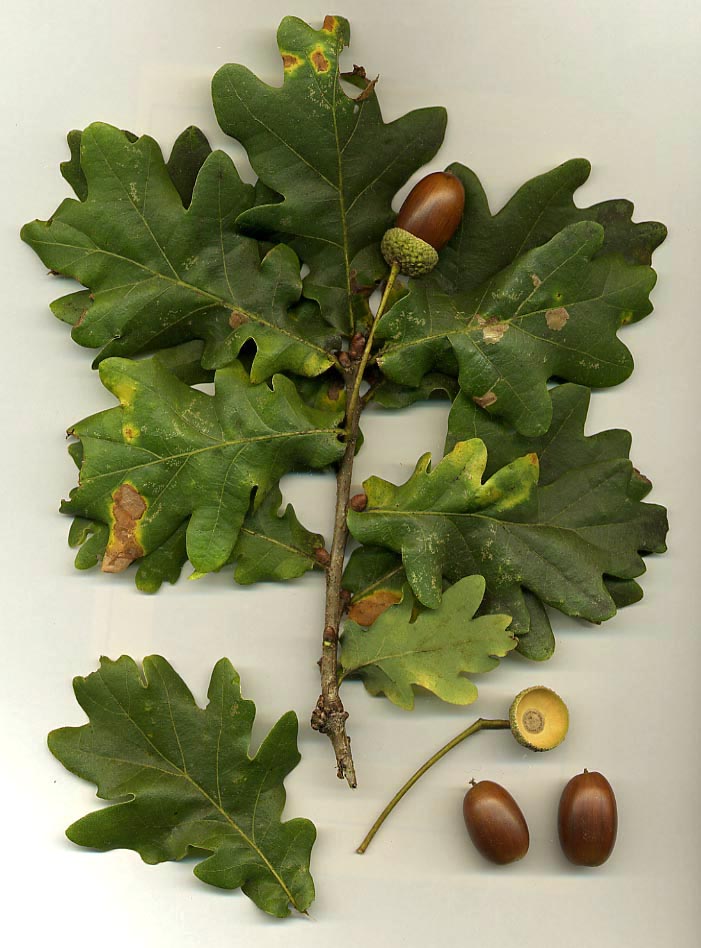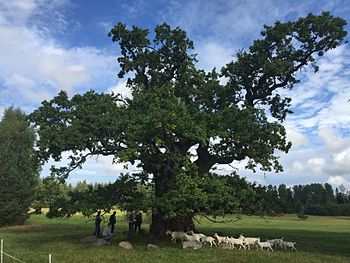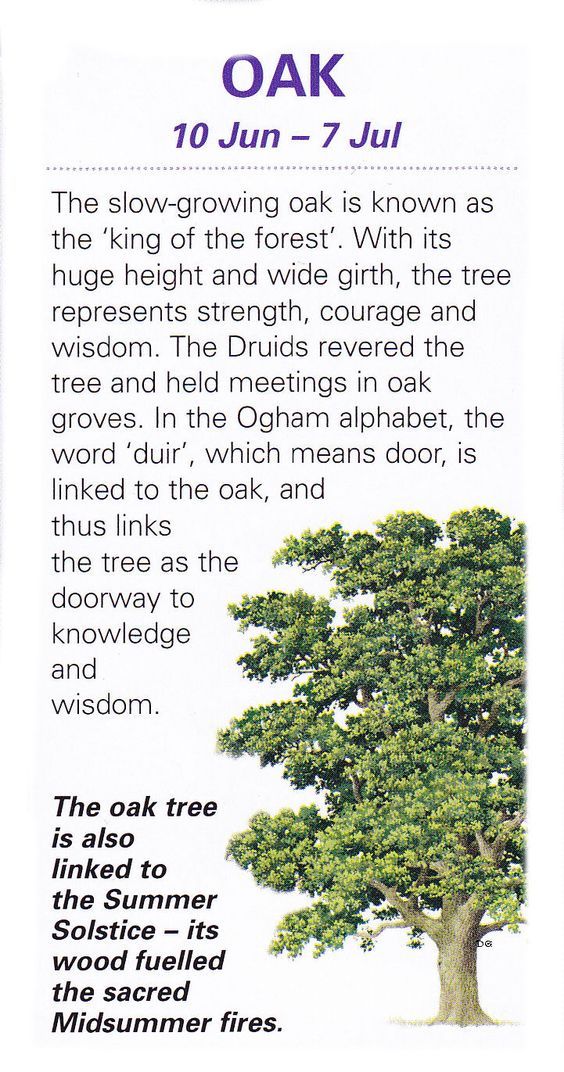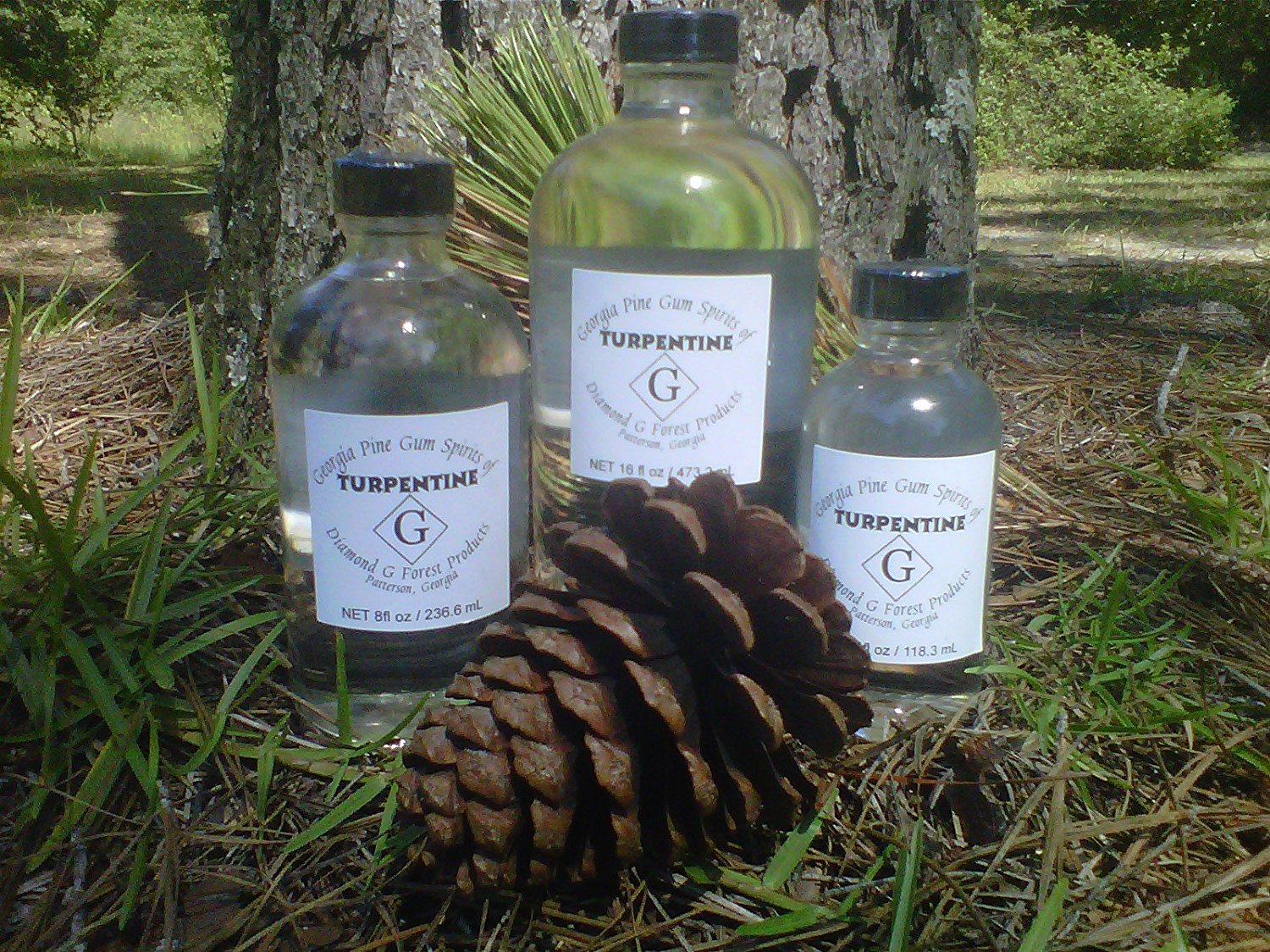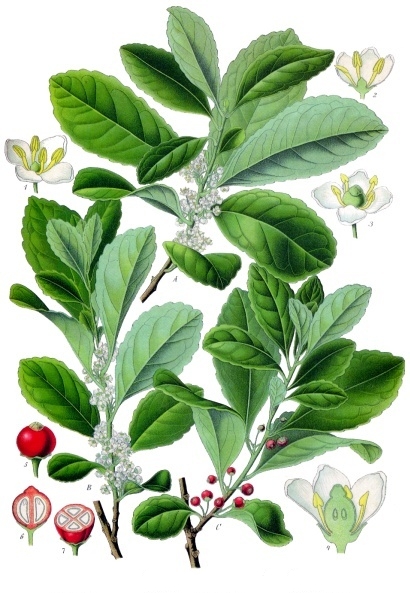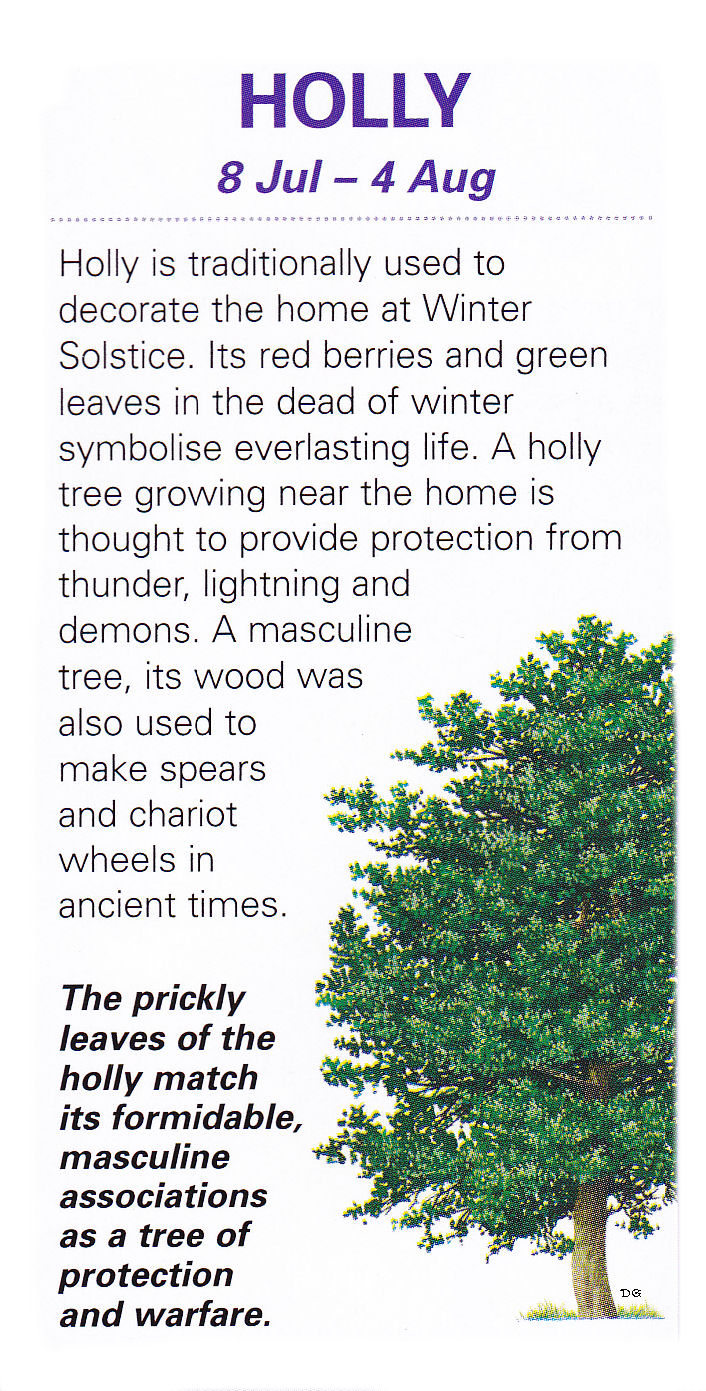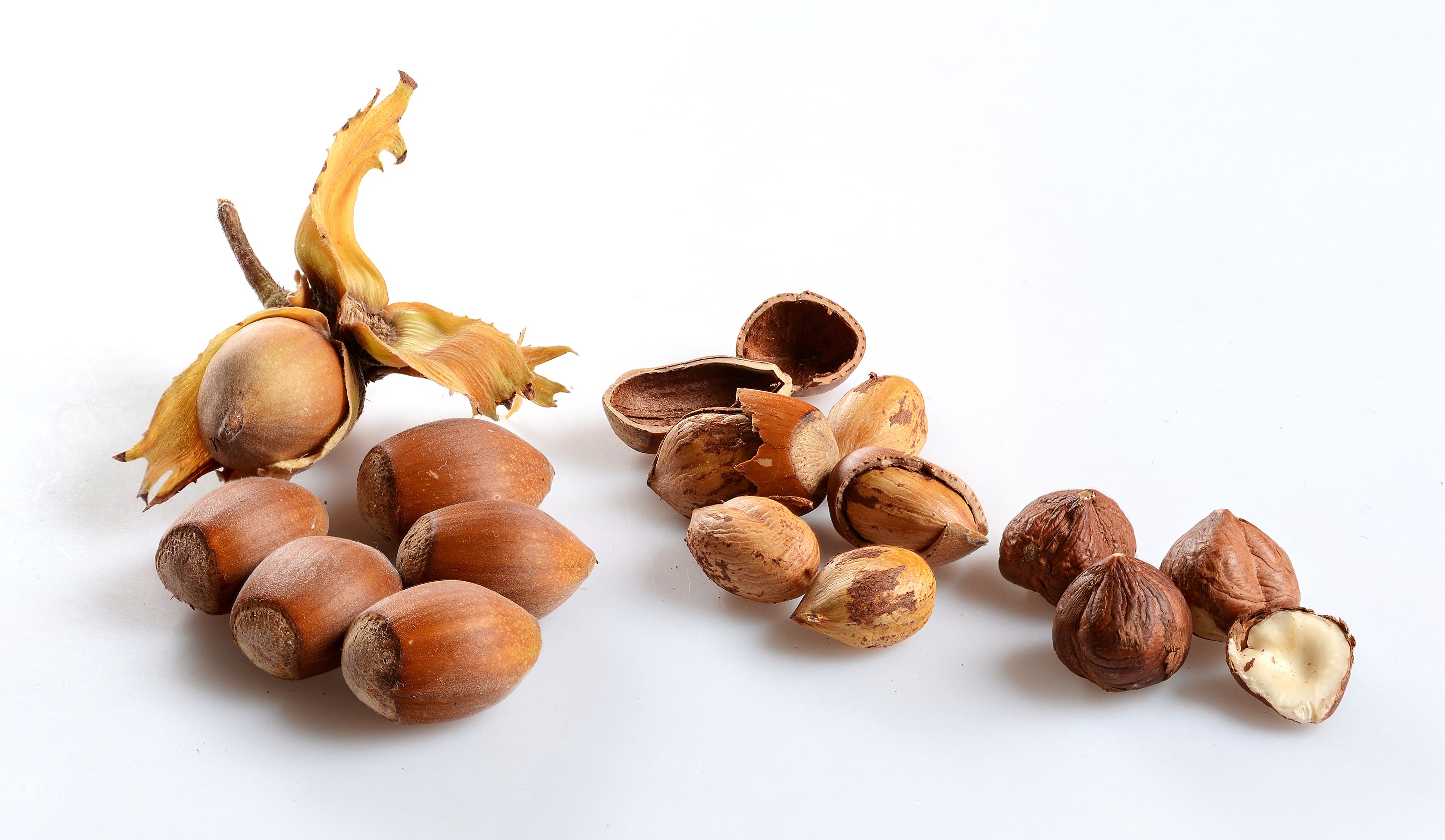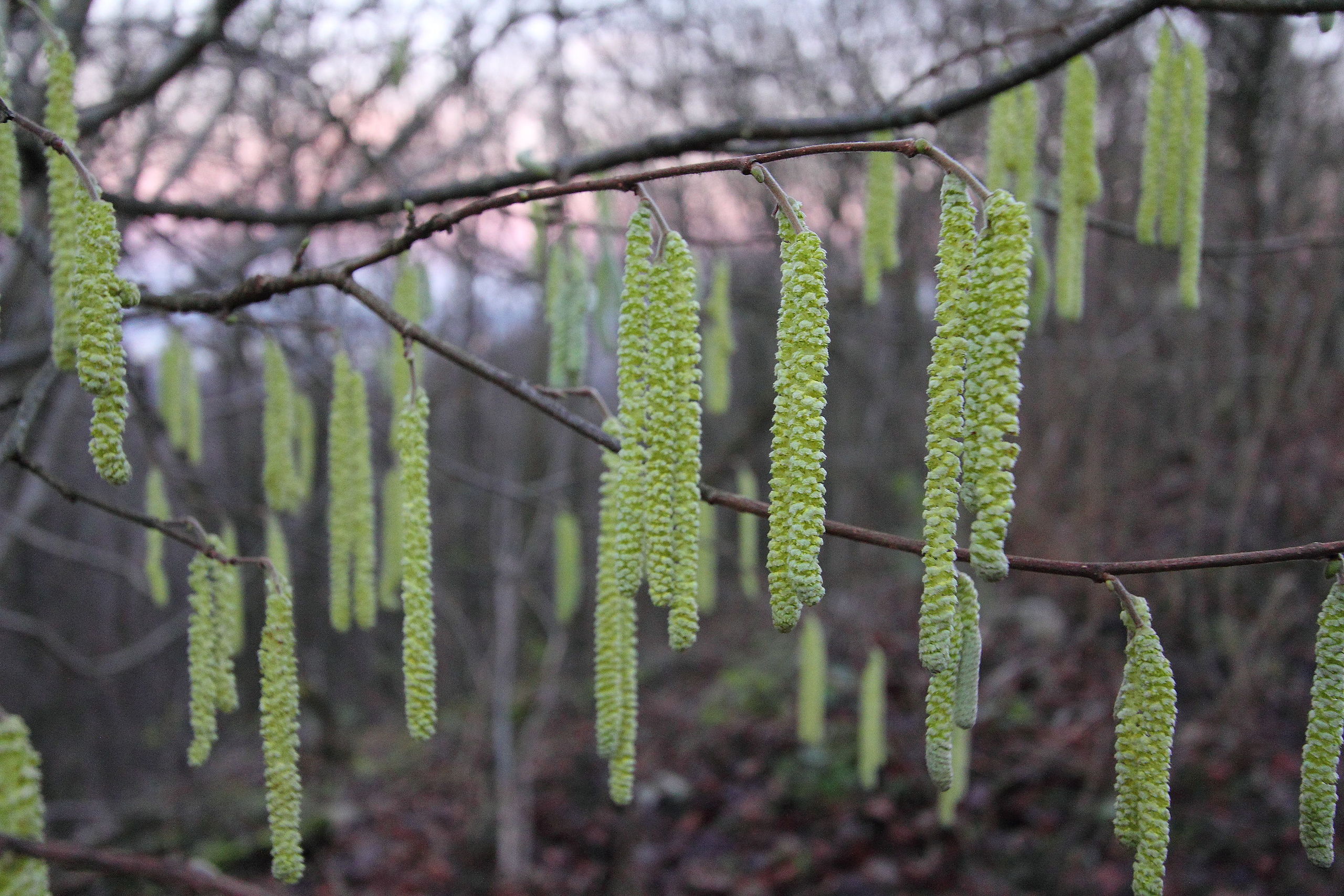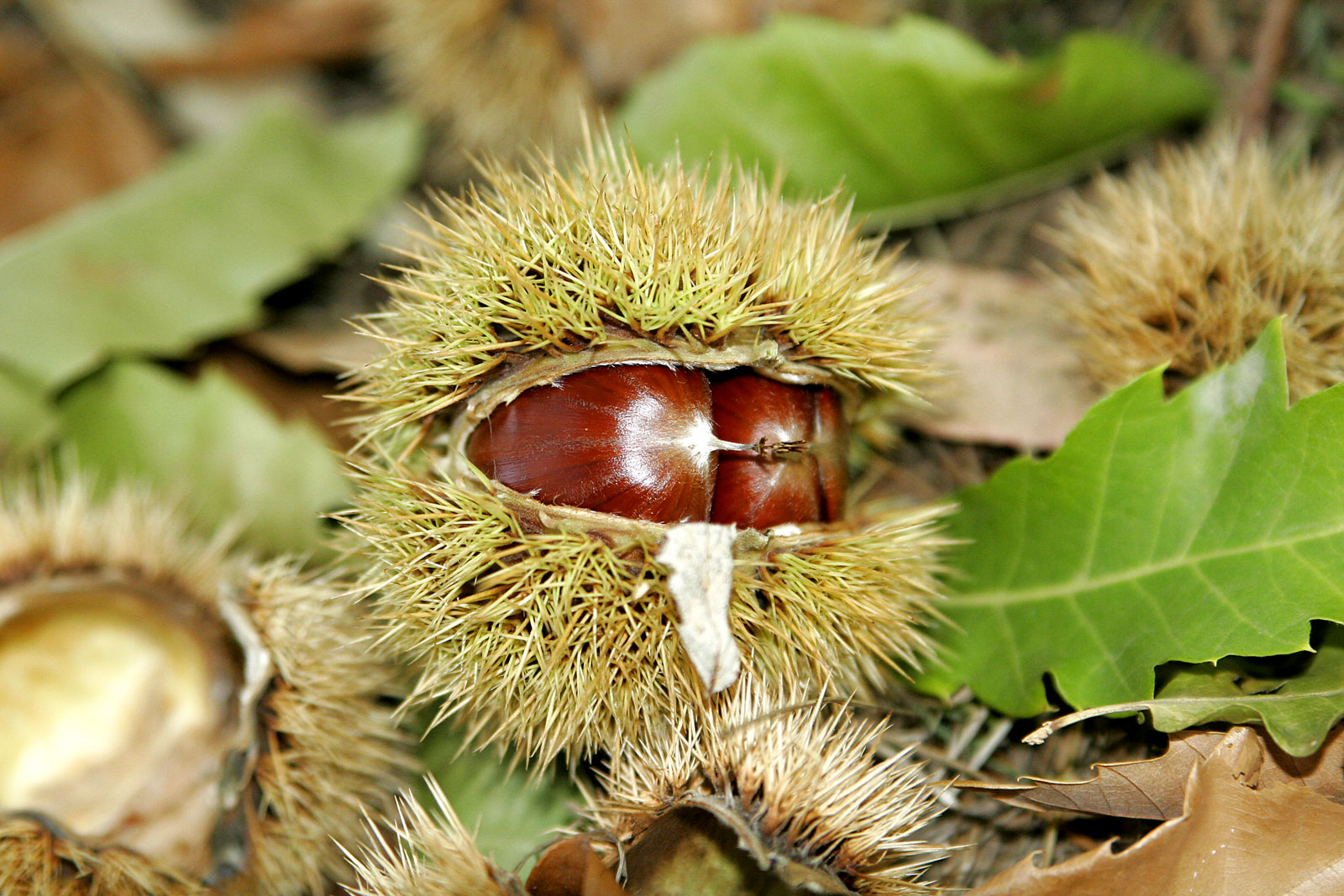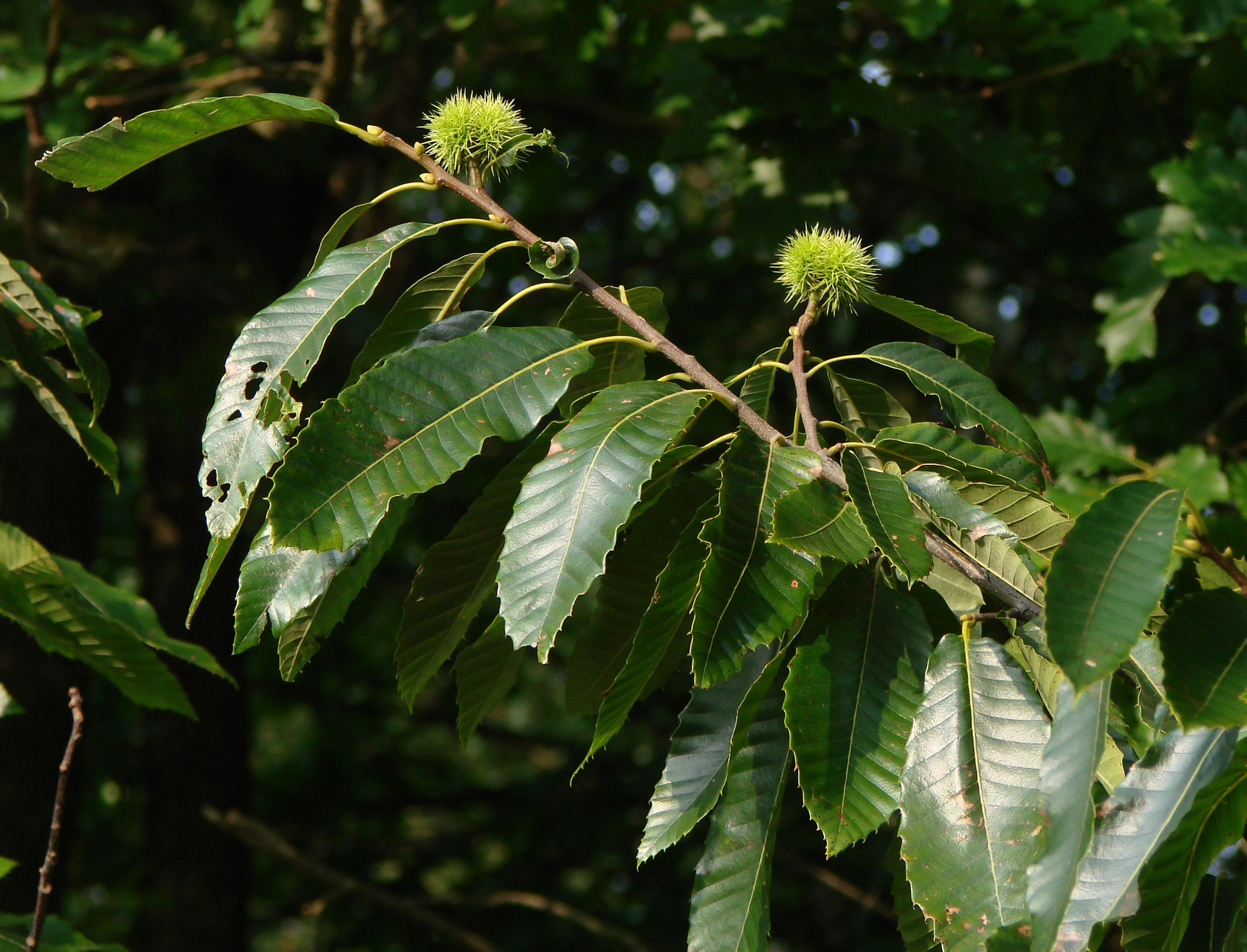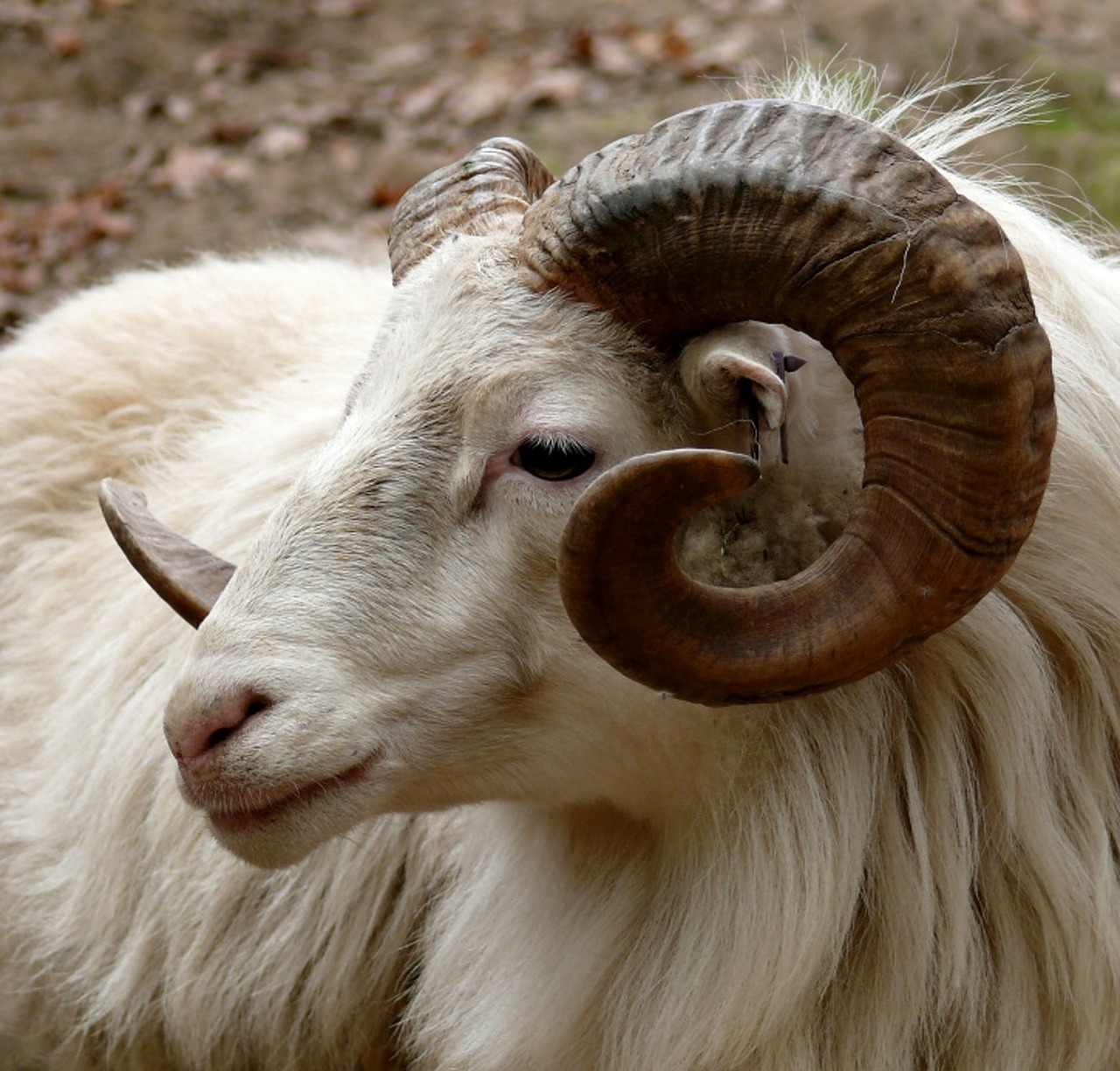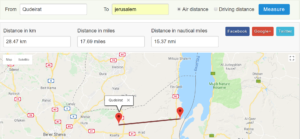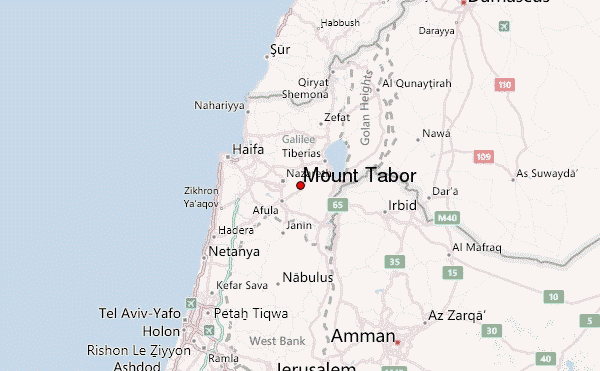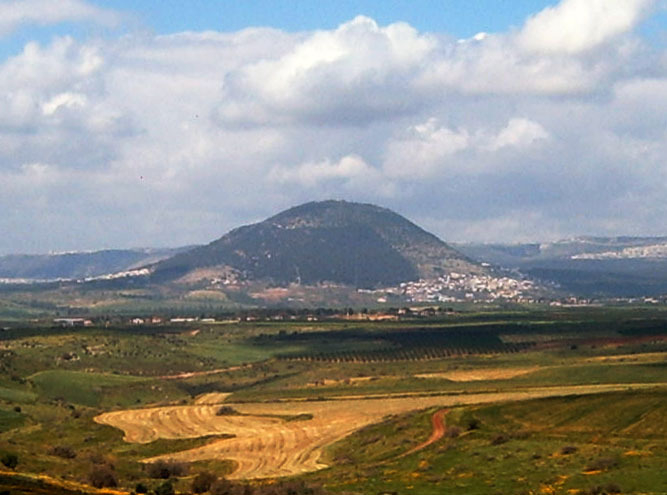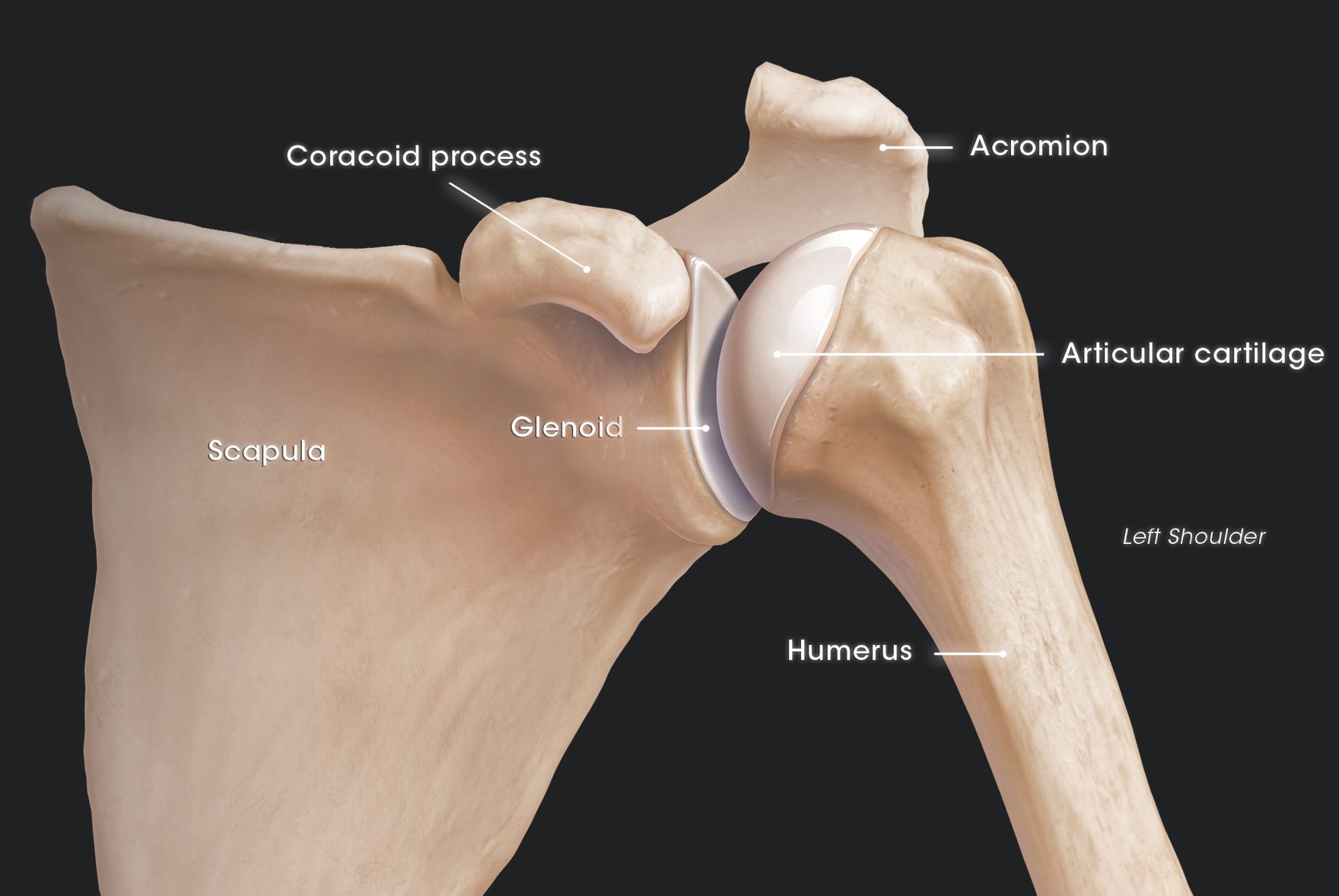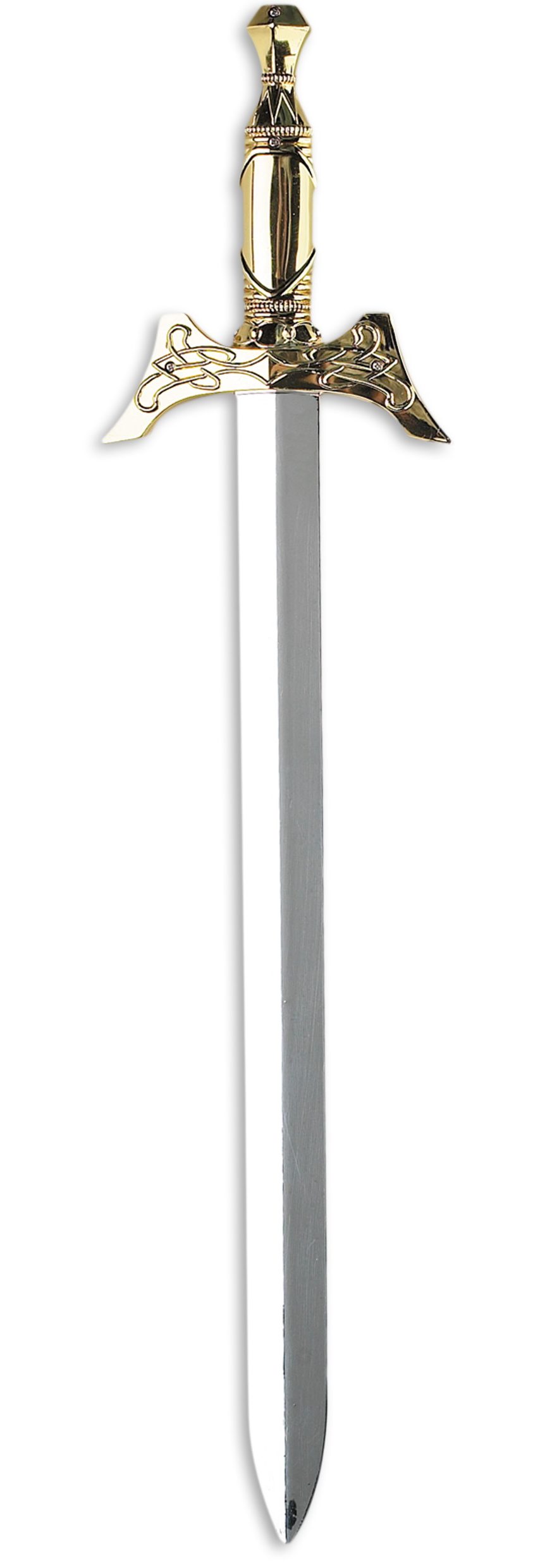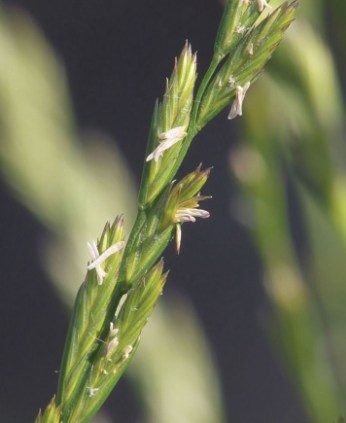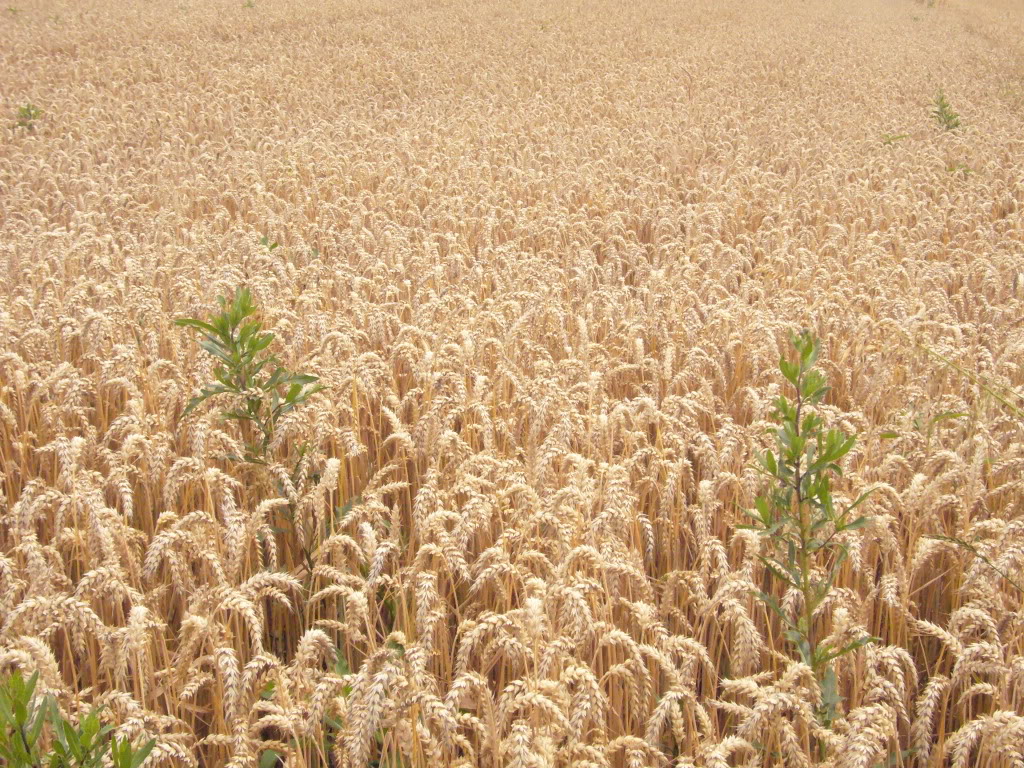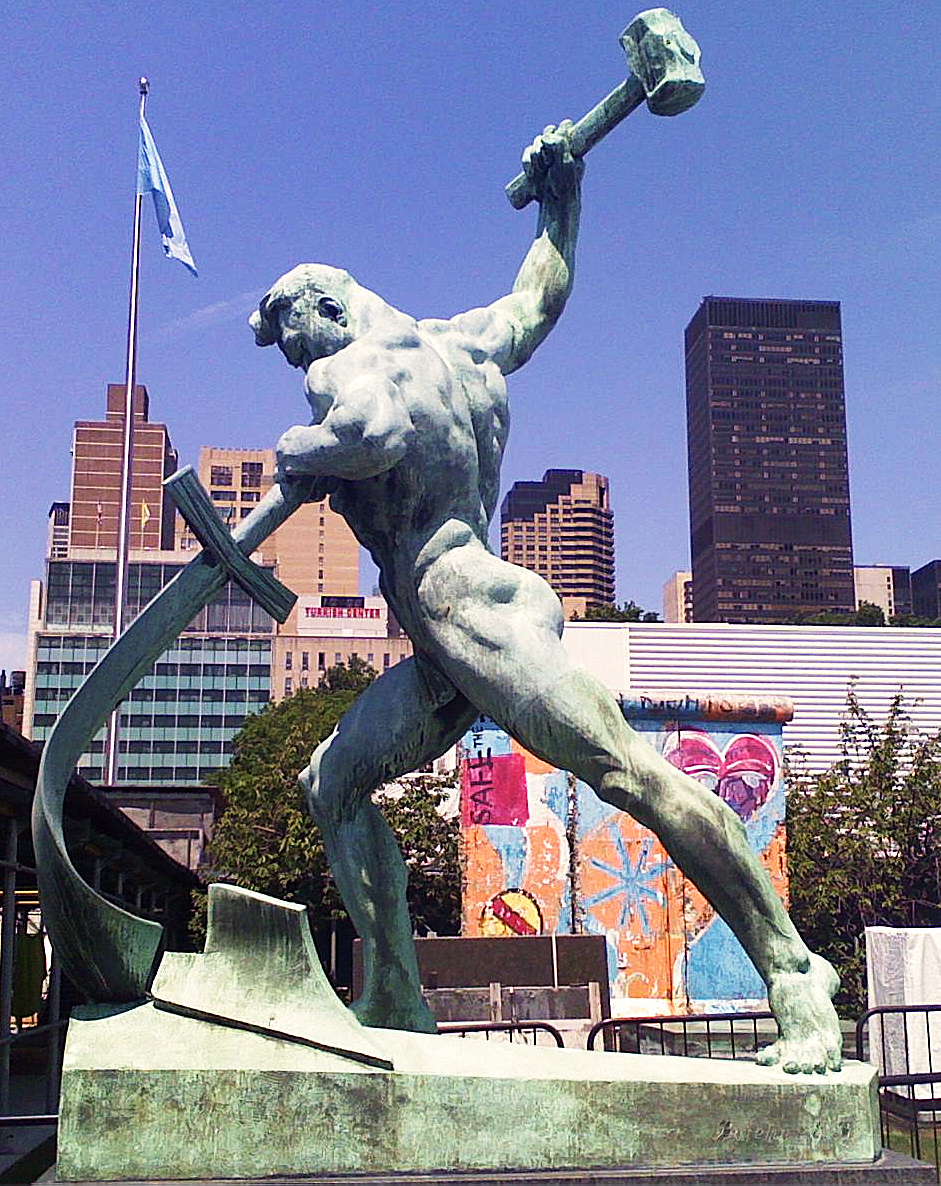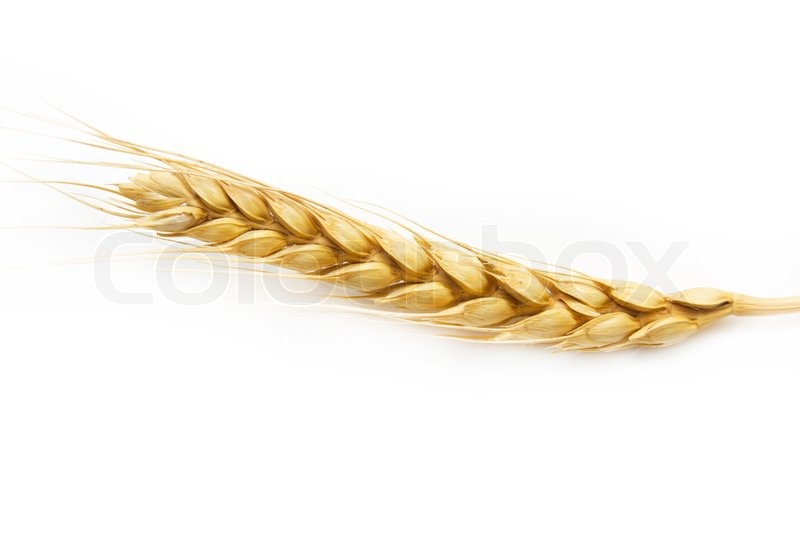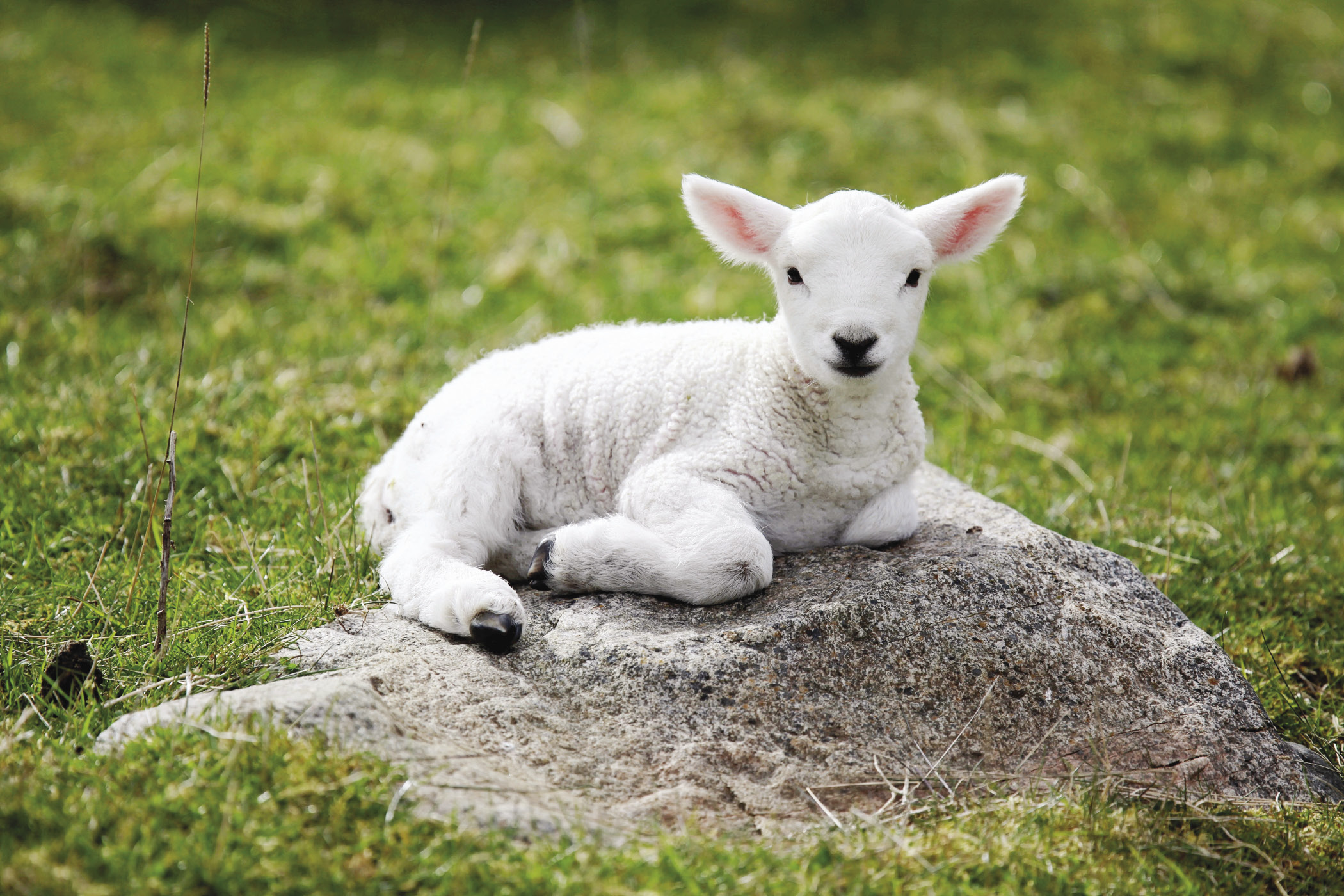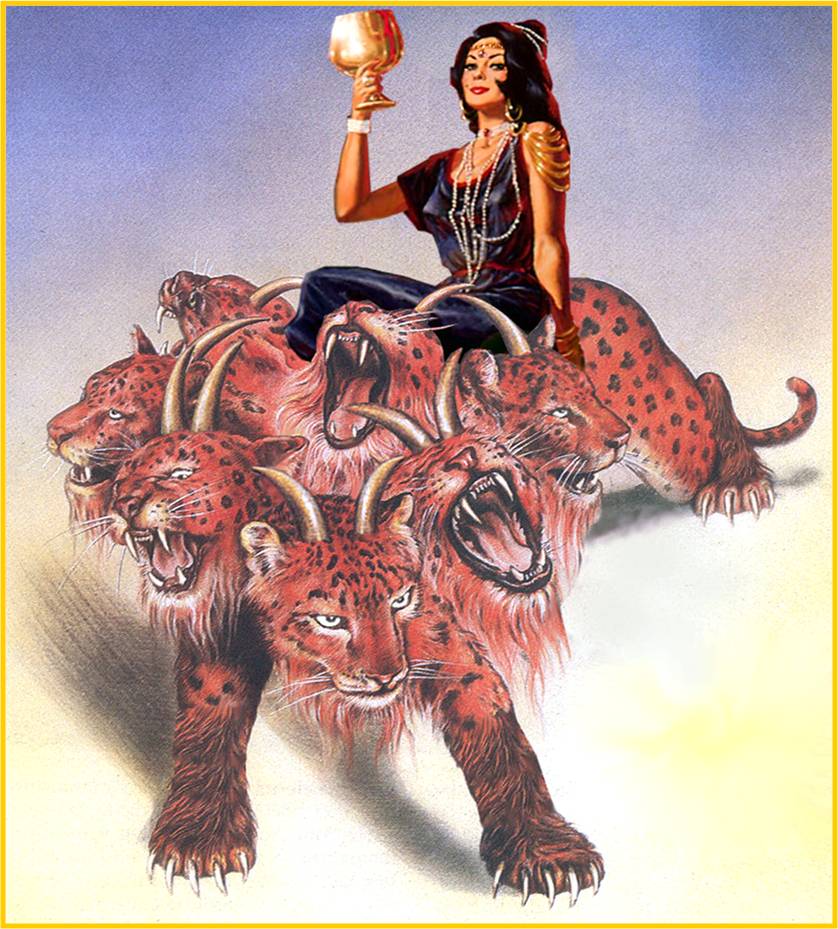OAK TREES :: Oak of the Magicians
The Oak Tree (aka Terebinth Tree)
- Chestnut
- Beech
- Elm
- Holly
An oak is a tree or shrub in the genus Quercus of the beech family, Fagaceae
The leaves and acorns of the oak tree are poisonous to
- cattle, horses, sheep, and goats in large amounts
- due to the toxin tannic acid,
- and cause kidney damage and gastroenteritis.
- Symptoms of poisoning include
- lack of appetite, depression, constipation, diarrhea (which may contain blood), blood in urine, and colic.
The exception to livestock and oak toxicity
- is the domestic pig,
- which may be fed entirely on acorns in the right conditions,
- and has traditionally been pastured in oak woodlands
- (such as the Spanish dehesa and the English system of pannage) for hundreds of years.
The fruit is a nut called an acorn or oak nut borne in a cup-like structure known as a cupule;
- each acorn contains one seed (rarely two or three)
- and takes 6–18 months to mature, depending on their species.
Acorns are also edible to humans, after leaching of the tannins.[38]
תַּנִּין tannîyn, tan-neen’; or תַּנִּים tannîym; (Ezekiel 29:3),
- intensive from the same as H8565; a
- marine or land monster, i.e. sea-serpent or jackal:
- —dragon, sea-monster, serpent, whale.
RED OAKS
- the northern red oak is one of the most prized of the red oak group for lumber, much of which is marketed as red oak regardless of the species of origin.
- It is not good for outdoor use due to its open capillaries unless the wood is treated.
- If the wood is properly treated with preservatives, it will not rot as quickly as cured white oak heartwood.
- Shumard oak, a member of the red oak subgenus, provides timber which is described as “mechanically superior” to northern red oak.
- Cherrybark oak is another type of red oak which provides excellent timber.
WHITE OAKS
- The standard for the lumber of the white oak group – all of which is marketed as white oak – is the Quercus alba.
- White oak is often used to make wine barrels.
- The wood of the deciduous pedunculate oak and sessile oak accounts for most of the European oak production,
- but evergreen species, such as Holm oak and cork oak also produce valuable timber.
- The bark of the white oak is dried and used in medical preparations.
- Oak bark is also rich in tannin, and is used by tanners for tanning leather.
- Acorns are used for making flour or roasted for acorn coffee.
Uses
- Oak wood has a density of about 0.75 g/cm3 (0.43 oz/cu in) creating great strength and hardness.
- The wood is very resistant to insect and fungal attack because of its high tannin content.
- It also has very appealing grain markings, particularly when quartersawn.
- Oak planking was common on high status Viking longships in the 9th and 10th centuries.
- The wood was hewn from green logs, by axe and wedge, to produce radial planks, similar to quarter-sawn timber.
- Wide, quarter-sawn boards of oak have been prized since the Middle Ages
- for use in interior panelling of prestigious buildings
- such as the debating chamber of the House of Commons in London
- and in the construction of fine furniture.
- Oak wood, from Quercus robur and Quercus petraea,
- was used in Europe for the construction of ships,
- especially naval men of war, until the 19th century,
- and was the principal timber used in the construction of European timber-framed buildings.
- Today oak wood is still commonly used for
- furniture making and flooring,
- timber frame buildings,
- and veneer production.
- Barrels in which wines, sherry, and spirits such as
- brandy, Irish whiskey, Scotch whisky and Bourbon whiskey
- are aged are made from European and American oak.
- The use of oak in wine can add many different dimensions to wine based on the type and style of the oak.
- Oak wood chips are used for
- smoking fish, meat, cheeses,[15] and other foods.
- The bark of the cork oak is used to produce wine stoppers (corks).
- Oak galls were used for centuries as a main ingredient in iron gall ink, a kind of manuscript ink, harvested at a specific time of year.
- In Korea, oak bark is used to make shingles for traditional roof construction.
In the Roman Republic,
- a crown of oak leaves
- was given to those who had saved the life of a citizen in battle;
- it was called the “civic oak crown”.[50]
Oaks have spirally arranged leaves,
- with lobate margins in many species;
- some have serrated leaves or entire leaf with smooth margins.
- Also, the acorns contain tannic acid,[3] as do the leaves, which helps to guard from fungi and insects.[4]
Many deciduous species are marcescent, not dropping dead leaves until spring.
- In spring, a single oak tree produces
- both male flowers (in the form of catkins)
- and small female flowers.[5]
National symbol
- The oak is a common symbol of strength and endurance and has been chosen as the national tree of many countries.
- Already an ancient Germanic symbol (in the form of the Donar Oak, for instance),
- certainly since the early nineteenth century,
- it stands for the nation of Germany and oak branches are thus displayed on some German coins,
- both of the former Deutsche Mark and the current Euro currency.[39]
- In 2004 the Arbor Day Foundation[40] held a vote for the official National Tree of the United States of America.
- In November 2004, the United States Congress passed legislation designating the oak as America’s National Tree.[41]
- Other countries have also designated the oak as their national tree including
- Bulgaria,
- Cyprus (Golden Oak),
- England,
- Estonia,
- France,
- Germany,
- Moldova,
- Jordan,
- Latvia, Lithuania, Poland, Romania, Serbia, and Wales.[42]
Oaks as regional and state symbols
- The oak is the emblem of County Londonderry in Northern Ireland, as a vast amount of the county was covered in forests of the tree until relatively recently.
- The name of the county comes from the city of Derry, which originally in Irish was known as Doire meaning oak.
- The Irish County Kildare derives its name from the town of Kildare which originally in Irish was Cill Dara meaning the Church of the Oak or Oak Church.
- Iowa designated the oak as its official state tree in 1961;
- The White Oak is the state tree of Connecticut, Illinois and Maryland.
- The Northern Red Oak is the provincial tree of Prince Edward Island, as well as the state tree of New Jersey.
- The Live Oak is the state tree of Georgia, USA.
- The oak is a national symbol from the Basque Country, specially in the province of Biscay.
- The coat-of-arms of Vest-Agder, Norway, and Blekinge, Sweden, features oak trees.
- The coat-of-arms of the municipality Eigersund, Norway features an oak leaf.
- Oak leaves are traditionally an important part of German Army regalia.
- The Nazi party used the traditional German eagle, standing atop of a swastika inside a wreath of oak leaves.
- It is also known as the Iron Eagle.
- During the Third Reich of Nazi Germany, oak leaves were used for military valor decoration on the Knights Cross of the Iron Cross.
- They also symbolize rank in the United States Armed Forces.
- A gold oak leaf indicates an O-4 (Major or Lt. Commander), whereas a silver oak leaf indicates an O-5 (Lt. Colonel or Commander).
- Arrangements of oak leaves, acorns and sprigs indicate different branches of the United States Navy Staff corps officers.[43]
- Oak leaves are embroidered onto the covers (hats) worn by field grade officers and flag officers in the United States armed services.
- If a member of the United States Army or Air Force earns multiple awards of the same medal,
- then instead of wearing a ribbon or medal for each award,
- he or she wears one metal representation of an “oak leaf cluster”
- attached to the appropriate ribbon for each subsequent award.[44]
Political use
- The oak tree is used as a symbol by a number of political parties.
- It is the symbol of Toryism (on account of the Royal Oak)
- and the Conservative Party in the United Kingdom,[45]
- and formerly of the Progressive Democrats in Ireland[46]
- and the Democrats of the Left in Italy.
- In the cultural arena,
- the oak leaf is the symbol of the National Trust (UK),
- The Woodland Trust,
- and The Royal Oak Foundation.[43]
Mythology
Grīdnieku ancient oak in Rumbas parish, Latvia, girth 8.27m, 2015
- In Greek mythology,
- the oak is the tree sacred to Zeus, king of the gods.
- In Zeus’s oracle in Dodona, Epirus,
- the sacred oak was the centerpiece of the precinct,
- and the priests would divine the pronouncements of the god
- by interpreting the rustling of the oak’s leaves.[47]
- In Baltic and Slavic mythology,
- the oak is the sacred tree of Latvian Pērkons,
- Lithuanian Perkūnas, Prussian Perkūns and Slavic Perun,
- the god of thunder
- and one of the most important deities in the Baltic and Slavic pantheons.
- In Celtic polytheism,
- the name of the oak tree was part of the Proto-Celtic word for ‘druid’:
- As in other Indo-European faiths,
- Taranis, being a thunder god, was associated with the oak tree.[49]
- The Indo-Europeans worshiped the oak and connected it with a thunder or lightning god;
- There has even been a study that shows that
- oaks are more likely to be struck by lightning than any other tree of the same height.[50]
- In Norse mythology,
- the oak was sacred to the thunder god, Thor.
- Thor’s Oak was a sacred tree of the Germanic Chatti tribe.
- Oak has been considered sacred by just about every culture that has encountered the tree,
- but it was held in particular esteem by the Celts
- because of its size, longevity, and nutritious acorns.
- The oak was the “King of Trees” in a grove.
- Magick wands were made of its wood.
- Oak galls, known as Serpent Eggs, were used in magickal charms.
- Acorns gathered at night held the greatest fertility powers.
- The Druids and Priestesses listened to the rustling oak leaves and the wrens in the trees for divinatory messages.
- Burning oak leaves purifies the atmosphere.
- It can be used in spells for
- protection, strength, success and stability;
- the different varieties will lend their own special ‘flavour’ to the magic.
Albert Pike was buried at Oak Hill Cemetery. Burial was against his wishes; he had left instructions for his body to be cremated.[21] In 1944, his remains were moved to the House of the Temple, headquarters of the Southern Jurisdiction of the Scottish Rite. A memorial to Pike is located in the Judiciary Square neighborhood of Washington, D.C. He is the only Confederate military officer with an outdoor statue in Washington, D.C.[22]
The ritual of oak and mistletoe
- is a Celtic religious ceremony,
- in which white-clad druids climbed a sacred oak,
- cut down the mistletoe growing on it,
- sacrificed two white bulls
- and used the mistletoe to make an elixir
- to cure infertility and the effects of poison.[1]
The ritual, known from a single passage in Pliny‘s Natural History, has helped shape the image of the druid in the popular imagination.[2][3]
The only extant source for this ritual is a passage in the Natural History by Roman historian Pliny the Elder, written in the 1st century AD. Speaking of mistletoe, he writes:
We should not omit to mention the great admiration that the Gauls have for it as well.
The druids – that is what they call their magicians – hold nothing more sacred than the mistletoe and a tree on which it is growing, provided it is a hard-timbered oak [robur][4][5]….
Mistletoe is rare and when found it is gathered with great ceremony, and particularly on the sixth day of the moon….
Hailing the moon in a native word that means ‘healing all things,’ they prepare a ritual sacrifice and banquet beneath a tree and bring up two white bulls, whose horns are bound for the first time on this occasion.
A priest arrayed in white vestments climbs the tree and, with a golden sickle, cuts down the mistletoe, which is caught in a white cloak.
Then finally they kill the victims, praying to a god to render his gift propitious to those on whom he has bestowed it.
They believe that mistletoe given in drink will impart fertility to any animal that is barren and that it is an antidote to all poisons.[1]
Mistletoe is relevant to several cultures. It is associated with Christmas as a decoration, under which lovers are expected to kiss. Mistletoe played an important role in Druidic mythology in the Ritual of Oak and Mistletoe.
Mistletoe continued to be associated with fertility and vitality through the Middle Ages, and by the 18th century it had also become incorporated into Christmas celebrations around the world. The custom of kissing under the mistletoe is referred to as popular among servants in late 18th century England:[17] [18] the serving class of Victorian England is credited with perpetuating the tradition.[19] The tradition dictated that a man was allowed to kiss any woman standing underneath mistletoe, and that bad luck would befall any woman who refused the kiss.[20][21] One variation on the tradition stated that with each kiss a berry was to be plucked from the mistletoe, and the kissing must stop after all the berries had been removed.[19][21]
Mistletoe is the state floral emblem of Oklahoma.
Terebinth :: Two similar species of the plant genus Pistacia:
- Pistacia palaestina of the Asiatic Mediterranean region
- produces pistachios
- Pistacia terebinthus of more westerly parts of the Mediterranean basin
- produces terpentine
Pistacia palaestina is distinguished from P. terebinthus
- “by its egg-shaped leaflets, which are drawn into a long point,
- with somewhat hairy margins, and by more spreading and branching flower clusters.”[1]
C. S. Lewis named one of the fictional islands “Terebinthia”;
Lewis scholar Marvin. D. Hinten posits
- “Lewis, the renowned medieval scholar, naturally knew that terebint
- was Middle English for the tree used in the Middle Ages to produce turpentine.”
- [3] Katherine Paterson, the author of the 1977 novel Bridge to Terabithia
- noted she had probably unintentionally taken the name of her fictional world
- from C. S. Lewis, who had likely taken the name from the tree.[4]
Turpentine
- (also called spirit of turpentine, oil of turpentine, wood turpentine and colloquially turps)
- is a fluid obtained by the distillation of resin obtained from live trees, mainly pines.
- It is mainly used as a solvent and as a source of materials for organic synthesis.
- It is a volatile pungent oil distilled from gum turpentine or pine wood, used in mixing paints and varnishes and in liniment.
- Crude oleoresin collected from wounded trees may be evaporated by steam distillation in a copper still.
- Molten rosin remains in the still bottoms after turpentine has been evaporated and recovered from a condenser.[5]
- Turpentine may alternatively be condensed from destructive distillation of pine wood.[2]
- Oleoresin may also be extracted from
- shredded pine stumps, roots, and slash using the light end of the heavy naphtha fraction
- (boiling between 90 and 115 °C or 195 and 240 °F) from a crude oil refinery.
- Multi-stage counter-current extraction is commonly used so
- fresh naphtha first contacts wood leached in previous stages
- and naphtha laden with turpentine from previous stages contacts fresh wood
- before vacuum distillation to recover naphtha from the turpentine.
- Leached wood is steamed for additional naphtha recovery prior to burning for energy recovery.
- When producing chemical wood pulp from pines or other coniferous trees,
- sulfate turpentine may be condensed from the gas generated in Kraft process pulp digesters.
- The average yield of crude sulfate turpentine is 5–10 kg/t pulp.[8]
- Unless burned at the mill for energy production,
- sulfate turpentine may require additional treatment measures
- to remove traces of sulfur compounds.[9]
- Turpentine and petroleum distillates such as
- coal oil and kerosene have been used medicinally since ancient times,
- as topical and sometimes internal home remedies.
- Topically it has been used for abrasions and wounds,
- as a treatment for lice,
- and when mixed with animal fat it has been used as a chest rub,
- or inhaler for nasal and throat ailments.
- Many modern chest rubs, such as the Vicks variety, still contain turpentine in their formulations.
- Turpentine was a common medicine among seamen during the Age of Discovery.
- It is one of several products carried aboard Ferdinand Magellan’s fleet in his first circumnavigation of the globe,[10].
- Taken internally it has been used as a treatment for intestinal parasites, and candida because of its antiseptic properties.[11][12]
- Turpentine is also added to many cleaning and sanitary products due to its antiseptic properties and its “clean scent.”
- In early 19th-century America, turpentine was sometimes burned in lamps as a cheap alternative to whale oil.
- It was most commonly used for outdoor lighting, due to its strong odour.[13]
- A blend of ethanol and turpentine added as an illuminant called burning fluid was also important for several decades.
- In 1946, Soichiro Honda fueled the first Honda motorcycles with turpentine, due to the scarcity of gasoline in Japan following World War II.[14]
- Turpentine was added extensively into gin during the Gin Craze.[15]
The Holly Tree is an evergreen Oak
- Plants in this genus have simple, alternate glossy leaves, frequently with a spiny leaf margin.
- The inconspicuous flower is greenish white, with four petals.
- They are generally dioecious, with male and female flowers on different plants.
- The small fruits of Ilex, although often referred to as berries, are technically drupes.
- They range in color from red to brown to black, and rarely green or yellow.
- The “bones” contain up to ten seeds each.
- Some species produce fruits parthenogenetically, such as the cultivar ‘Nellie R. Stevens’.
- The fruits ripen in winter and thus provide winter colour contrast between
- the bright red of the fruits
- and the glossy green evergreen leaves.
- Hence the cut branches, especially of I. aquifolium, are widely used in Christmas decoration.
- The fruits are generally slightly toxic to humans,
- and can cause vomiting and diarrhea when ingested.
- However, they are an important food source for birds and other animals, which help disperse the seeds.
- Unfortunately this can have negative impacts as well.
- Holly can contain caffeic acid, caffeoyl derivatives,
- Holly berries can cause vomiting and diarrhea.
- They are especially dangerous in cases involving
- accidental consumption by children
- attracted to the bright red berries.
- Ingestion of over 20 berries may be fatal to children.
- Holly leaves, if eaten,
- might cause diarrhea,
- nausea,
- vomiting,
- and stomach
- and intestinal problems.
- Holly plants might be toxic to pets and livestock.
- Leaves of some holly species are used by some cultures to make daily tea.
- These species are Yerba mate (I. paraguariensis), Ilex guayusa, Kuding (Ilex kaushue), Yaupon (I. vomitoria) and others.
- Leaves of other species, such as gallberry (I. glabra) are bitter and emetic.
- In general little is known about inter-species variation in constituents or toxicity of hollies.
- A beautiful white wood with an almost invisible grain; looks very much like ivory.
- Holly is associated with
- the death and rebirth symbolism of winter
- in both Pagan and Christian lore
- and is important to the Winter Solstice.
- In Arthurian legend,
- Gawain (representing the Oak King of summer) fought the Green Knight,
- who was armed with a holly club to represent winter.
- It is one of the 3 timbers used in the construction of chariot wheel shafts.
- It was used in spear shafts also.
- The qualities of a spear shaft are balance and directness,
- as the spear must be hefted to be thrown
- the holly indicates directed balance and vigour to fight if the cause is just.
- Holly may be used in spells having to do with sleep or rest, and to ease the passage of death.
- A bag of leaves and berries carried by a man is said to increase his ability to attract women.
Fruit Bearing Oaks
HAZEL
- The hazel (Corylus) is a genus of deciduous trees and large shrubs native to the temperate Northern Hemisphere.
- The genus is usually plac ed in the birch family Betulaceae,
- though some botanists split the hazels
- (with the hornbeams and allied genera)
- into a separate family Corylaceae.[6][7]
- The fruit of the hazel is the hazelnut.
- Hazels have simple, rounded leaves with double-serrate margins.
- The flowers are produced very early in spring before the leaves,
- and are monoecious, with single-sex catkins,
- the male catkins are pale yellow and 5–12 cm long,
- and the female ones are very small and largely concealed in the buds,
- with only the bright-red, 1-to-3 mm-long styles visible.
- The fruits are nuts 1–2.5 cm long and 1–2 cm diameter,
- surrounded by an involucre (husk) which partly to fully encloses the nut.[4]
- The shape and structure of the involucre,
- and also the growth habit (whether a tree or a suckering shrub),
- are important in the identification of the different species of hazel.[4]
- The pollen of hazel species,
- which are often the cause for allergies in late winter or early spring,
- can be identified under magnification (600X)
- by their characteristic granular exines bearing three conspicuous pores.[8]
- The nuts of all hazels are edible.
- The common hazel is the species most extensively grown for its nuts, followed in importance by the filbert.
- Nuts are also harvested from the other species, but apart from the filbert, none is of significant commercial importance.[5]
- A number of cultivars of the common hazel and filbert are grown as ornamental plants in gardens,
- including forms with contorted stems
- (C. avellana ‘Contorta’, popularly known as “Harry Lauder’s walking stick” from its gnarled appearance);
- with weeping branches (C. avellana ‘Pendula’);
- and with purple leaves (C. maxima ‘Purpurea’).
- Hazel is a traditional material used for making wattle, withy fencing, baskets, and the frames of coracle boats.
- The tree can be coppiced, and regenerating shoots allow for harvests every few years.
- Hazels are used as food plants by the larvae of various species of Lepidoptera.
Mythology and folklore
- The Celts believed hazelnuts gave one wisdom and inspiration.
- There are numerous variations on an ancient tale
- that 9 hazel trees grew around a sacred pool,
- dropping into the water nuts that were eaten by salmon (a fish sacred to Druids),
- which absorbed the wisdom.
- A Druid teacher, in his bid to become omniscient,
- caught one of these special salmon and asked a student to cook the fish,
- but not to eat it.
- While he was cooking it,
- a blister formed and the pupil used his thumb to burst it,
- which he naturally sucked to cool,
- thereby absorbing the fish’s wisdom.
- This boy was called Fionn Mac Cumhail (Fin McCool)
- and went on to become one of the most heroic leaders in Gaelic mythology.[13]
- “The Hazel Branch” from Grimms’ Fairy Tales claims
- that hazel branches offer the greatest protection from snakes
- and other things that creep on the earth.
- Wands made of this wood symbolize white magick and healing.
- Forked sticks are used to find water or buried treasure.
- If outside and in need of magical protection
- quickly draw a circle around yourself with a hazel branch.
- To enlist the aid of plant fairies,
- string hazelnuts on a cord and hang up in your house or ritual room.
- Magically, hazel wood is used to gain knowledge, wisdom and poetic inspiration.
CHESTNUT
- American Indians were eating the American chestnut species,
- mainly C. dentata and some others,
- long before European immigrants introduced their stock to America,
- and before the arrival of chestnut blight.[33]
- In some places, such as the Appalachian Mountains, one-quarter of hardwoods were chestnuts.
- Mature trees often grew straight and branch-free for 50 feet (15 m),
- up to 100 feet, averaging up to 5 ft in diameter.
- For three centuries, most barns and homes east of the Mississippi River were made from it.[46]
- In 1911, the food book The Grocer’s Encyclopedia noted
- that a cannery in Holland included in its “vegetables-and-meat” ready-cooked combinations,
- a “chestnuts and sausages” casserole besides the more classic “beef and onions” and “green peas and veal”.
- This celebrated the chestnut culture
- that would bring whole villages out in the woods
- for three weeks each autumn (and keep them busy all winter),
- and deplored the lack of food diversity in the United States’s shop shelves.[5]
- The chestnut (Castanea) group is a genus of 8 or 9 species of deciduous trees and shrubs
- in the beech family Fagaceae, native to temperate regions of the Northern Hemisphere.
- The name also refers to the edible nuts they produce.[1][2][3]
“Chestnuts roasting on an open fire”
Under an Oak
- Jacob put his gods under oak at Shechem
- Joshua put stone with law under oak at Shechem
- Deborah (“bee”) Rebekah’s nurse was buried under an oak at Bethel
- Angel was sitting under oak at Orphrah when he told Gideon he would smite Midian as one man
- Gideon’s offering consumed with fire under the oak
- Absalom’s head got caught in bough while riding on mule under an oak
- Saul and his sons bones were buried under an oak at Jabesh
- Israel burnt incense to their idols under oaks
- David slew Goliath in the valley of Elah (“oak”)
- Elah (“oak”) was an Edomite
- Elah (“oak”) was also father of Hoshea who was the last king of Israel
- before king of Assyria besieged Samaria
- and God divorced the Northern Kingdom
H424; אֵלָה ʼêlâh, ay-law’; 13 in 12 Terebinth, oak
- terebinth tree
- elm tree
- teil tree
- feminine of H352; אַיִל ʼayil, ah’-yil; 185 in 171
- from the same as H193; אוּל ʼûwl, ool;
- properly,
- strength; hence, anything strong;
- specifically
- a chief (politically);
- also a ram (from his strength);
- a pilaster (as a strong support);
- an oak or other strong tree:
- —mighty (man),
- lintel,
- oak,
- post,
- ram,
- tree.
[h425] אֵלָה ʼÊlâh, ay-law’; 16 in 15 Elah = “An oak”
- the name of an Edomite chief
- the Valley where David killed Goliath
- a place in Palestine
- Name of 4 Israelites
- Elah was son of Baasha (“wicked”)
- 4th King of Northern Kingdom of Israel for years
- The Father of King Hoshea of Israel
- Hoshea was the 19th and final King of Israel
- King of Assyria came up against Samaria 3 years
- besieged by 9th year of reign
- God Divorces Northern Kingdom
- a son of Caleb
- son of Uzzi
[h427] אַלָּה ʼallâh, al-law’; 1x Oak, Terebinth
Joshua 24:
And Joshua wrote these words in the book of the law of God,
and took a great stone, and set it up there under an oak,[H427]
that [was] by the sanctuary of the LORD.
- a variation of H436:
H439; אַלּוֹן בָּכוּת ʼAllôwn Bâkûwth, 1 in 1 oak of weeping;
- oak of weeping; Allon-Bakuth,
- a monumental tree:—Allon-bachuth.
- Allon Bachuth = “oak of weeping”
- the same as H437;
- city in Naphtali (Bilhah’s Son)
- a Simeonite
- or rather (shortened) אֵלֹנִי ʼÊlônîy;
- patron from H438;
- an Elonite or descendant (collectively) of Elon:—Elonites.
- one of the clan of Elon
Numbers 26:
[Of] the sons of Zebulun after their families: of Sered, the family of the Sardites:
of Elon, the family of the Elonites:[H440] of Jahleel, the family of the Jahleelites.
H436; אֵלוֹן ʼêlôwn, ay-lone’; 9x in 9v an oak or other strong tree:—plain.
“The Oak of Mamre” @ Hebron
“The Oak of Zaanaim” near Kadesh
“The Oak of Tabor” in Jezreel Valley
“The Oak of Moreh” @ Shechem
“The Oak of Meonenim”
- “The Oak of Mamre” @ Hebron
[h4771] מַמְרֵא Mamrêʼ, mam-ray’; 10x “strength” or “fatness”
- lusty;
- Mamre, an Amorite:—Mamre.
- from H4754(in the sense of vigor);
- מָרָא mârâʼ, maw-raw’; 2x to rebel;
- a primitive root;
- hence (through the idea of maltreating) to whip,
- i.e. lash (self with wings, as the ostrich in running):
- —be filthy, lift up self.
- [h2275] חֶבְרוֹן Chebrôwn, kheb-rone’; 71x in 66v seat of association; “association”, “conjunction”, “joining”
- from H2267;
- Chebron, a place in Palestine, also the name of two Israelites:
- where Abram built altar to the Lord when He first appeared to him
- God also appeared to him again there
- also known as Kirjatharba which means “city of4 “
- home of the Cave of Patriarchs in Machpelah
- (Abraham & Sarah, Isaac & Rebekkah, Jacob & Leah)
Cave of Patriarchs
- where Joseph asked Jacob where his brothers where
- the royal city of David where he ruled for 7.5 years before taking Jerusalem
17MILES WEST of Jordan River
Genesis 13:
“The Oak of Zaanaim” Near Kadeshצַעֲנַנִּים Tsaʻănannîym, tsah-an-an-neem’; 2x “removings, removals”
- removals;
- Tsaanannim or Tsaanajim, a place in Palestine:
- a place in Naphtali (Bilhah’s Son) near Kedesh
- plural from H6813;
- צָעַן tsâʻan, tsaw-an’; 1x to load up (beasts), i.e. to migrate:—be taken down.
h6943 קֶדֶשׁ Qedesh, keh’-desh; 12x a sanctum;
- Kedesh, the name of four places in Palestine:—Kedesh.
- a city of Issachar allotted to the Gershonite Levites
- a fortified Canaanite city allotted to Naphtali
- a city of refuge in Naphtali
- a city in the extreme south of Judah (same as Kadesh Barnea)
- from H6942;
- קָדַשׁ qâdash, kaw-dash’; 172x in 153 to consecrate, sanctify, prepare, dedicate, be hallowed, be holy, be sanctified, be separate
- a primitive root;
- to be (causatively, make, pronounce or observe as) clean (ceremonially or morally):
- —appoint, bid, consecrate, dedicate, defile, hallow, (be, keep) holy(-er, place),
- keep, prepare, proclaim, purify, sanctify(-ied one, self), × wholly.
- located at the modern ‘Ain el-Qudeirat,
- 16.5 miles south of Hebron
- 33 miles south of Jerusalem
- 17.6 Miles from Dead Sea
- Numbers 20
- where Miriam died
8Take the rod, and gather you the assembly together, you, and Aaron your brother, and speak you to the rock before their eyes; and it shall give forth his water, and you shall bring forth to them water out of the rock: so you shall give the congregation and their beasts drink. 9And Moses took the rod from before the LORD, as he commanded him. 10And Moses and Aaron gathered the congregation together before the rock, and he said to them, Hear now, you rebels; must we fetch you water out of this rock? 11And Moses lifted up his hand, and with his rod he smote the rock twice: and the water came out abundantly, and the congregation drank, and their beasts also. 12And the LORD spoke to Moses and Aaron, Because you believed me not, to sanctify me in the eyes of the children of Israel, therefore you shall not bring this congregation into the land which I have given them. 13This is the water of Meribah;(“contention, strife”) because the children of Israel strove with the LORD, and he was sanctified in them.
h8396 תָּבוֹר Tâbôwr, taw-bore’; 10x mound; broken region; stone-quarry; lofty-place
- from a root corresponding to H8406;
- Tabor, a mountain in Palestine, also a city adjacent:—Tabor.
- a mountain in the plain of Esdraelon (Jezreel Valley) rising abruptly and insulated except for a narrow ridge on the west connecting it to the hills of Nazareth
- a town around the summit of Mount Tabor (1)
- the place of an oak tree which was on the homeward journey of Saul after he had been anointed by Samuel
h3157 יִזְרְעֵאל Yizrᵉʻêʼl, yiz-reh-ale’; 36 in 32 God will sow;
“The Oak of Moreh” @ Shechem
h4176 מוֹרֶה Môwreh, mo-reh’; 3x teacher
- Moreh, a Canaanite;
- also a hill (perhaps named from him):—Moreh.
- Moreh = “teacher”
- the oak tree at Shechem where Abram stopped when he first entered Canaan;
- close to the mountains of Ebal and Gerizim
- the hill in the valley of Jezreel at which the Midianites were camped when Gideon attacked them
- the same as H4175; מוֹרֶה môwreh, mo-reh’; 2 in 2 an archer; teacher, early rain
- from H3384; (see H3138)
- also teacher or teaching;
- also the early rain:—(early) rain.
- Psalm 84:6 Who passing through the valley of Baca make it a well; the rain[H4175] also filleth the pools.
Joel 2:23 Be glad then, ye children of Zion, and rejoice in the LORD your God: for he hath given you the former rain[H4175 moderately, and he will cause to come down for you the rain, the former rain[H4175 and the latter rain in the first month.
h7927 שְׁכֶם Shᵉkem, shek-em’; 63x in 54v 17x in Genesis “back” or hinder part of “shoulder”; ridge;
- son of Hamor, the chieftain of the Hivites at Shechem at the time of Jacob’s arrival
- a city in Manasseh;
- the neck (between the shoulders) as the place of burdens;
- figuratively, the spur of a hill:—back, × consent, portion, shoulder.
from H7925; שָׁכַםshâkam 65x
- a primitive root; properly, to incline (the shoulder to a burden);
- but used only as denominative from H7926;
- literally, to load up (on the back of man or beast),
- i.e. to start early in the morning:
- —(arise, be up, get (oneself) up, rise up) early (betimes), morning.
- Sheckem was an inheritance for the son’s of Joseph.
- It was a city of refuge for the slayer
- Jacob bought the piece of land from Hamor the Hivite for 100 pieces of silver
- The Bones of Joseph were buried here
- The Oak Tree at Shechem where Abram stopped when he first entered Canaan;
- The 1st place God appeared to Abraham
- The 1st altar built to God there by Abraham after being called out of Babylon
- Jacob buries the strange gods that were with him here under the Oak at Shechem
- Joshua made a covenant with Israel that they would put away strange gods and
- wrote Moses Law and took a great stone and set it under the Oak at Shechem.
- Where Abimelech lived, the son of Gideon from his concubine
17 MILES West of Dead Sea
34Miles North of Jerusalem 17 + 17
- located in a valley between Mount Ebal and Mount Gerizim,
14Now therefore fear the LORD, and serve him in sincerity and in truth: and put away the gods which your fathers served on the other side of the flood, and in Egypt; and serve you the LORD. 15And if it seem evil to you to serve the LORD, choose you this day whom you will serve; whether the gods which your fathers served that were on the other side of the flood, or the gods of the Amorites, in whose land you dwell: but as for me and my house, we will serve the LORD.
16And the people answered and said, God forbid that we should forsake the LORD, to serve other gods; 17For the LORD our God, he it is that brought us up and our fathers out of the land of Egypt, from the house of bondage, and which did those great signs in our sight, and preserved us in all the way wherein we went, and among all the people through whom we passed:18And the LORD drove out from before us all the people, even the Amorites which dwelled in the land: therefore will we also serve the LORD; for he is our God.
19And Joshua said to the people, You cannot serve the LORD: for he is an holy God; he is a jealous God; he will not forgive your transgressions nor your sins. 20If you forsake the LORD, and serve strange gods, then he will turn and do you hurt, and consume you, after that he has done you good. 21And the people said to Joshua, No; but we will serve the LORD. 22And Joshua said to the people, You are witnesses against yourselves that you have chosen you the LORD, to serve him. And they said, We are witnesses. 23Now therefore put away, said he, the strange gods which are among you, and incline your heart to the LORD God of Israel. 24And the people said to Joshua, The LORD our God will we serve, and his voice will we obey. 25So Joshua made a covenant with the people that day, and set them a statute and an ordinance in Shechem. 26And Joshua wrote these words in the book of the law of God, and took a great stone, and set it up there under an oak [h427], that was by the sanctuary of the LORD. 27And Joshua said to all the people, Behold, this stone shall be a witness to us; for it has heard all the words of the LORD which he spoke to us: it shall be therefore a witness to you, lest you deny your God. 28So Joshua let the people depart, every man to his inheritance.
[h427] אַלָּה ʼallâh, al-law’; 1x oak, terebinth
- A variation of H424:—oak.
“The Oak of Meonenim”
[H6049] עָנַן ʻânan, aw-nan’; 11 in 11 Magicians, diviners, Enchanters, Sorcerers, Soothsayers, Hidden Arts
- a primitive root; Meonenim
- to cover; used only as a denominative from H6051,
- to cloud over;
- figuratively,
- to act covertly,
- i.e. practise magic:
- —× bring, enchanter, Meonemin,
- observe(-r of) times,
- soothsayer, sorcerer.
- hidden arts
- to make appear, produce, bring (clouds)
- to practise soothsaying, conjure
- soothsayer, enchanter, sorceress, diviner, fortuneteller, barbarian, Meonenim (participle)
- to observe times, practice soothsaying or spiritism or magic or augury or witchcraft
Judges 9:
37 And Gaal spake again and said, See there come people down by the middle of the land,
and another company come along by the plain[h436] of Meonenim.[H6049]
Genesis 9:14
And it shall come to pass, when I bring[H6049] a cloud over the earth, that the bow shall be seen in the cloud:
Leviticus 19:26
Ye shall not eat [any thing] with the blood: neither shall ye use enchantment, nor observe times.[H6049]
Deuteronomy 18:
(10) There shall not be found among you [any one] that maketh his son or his daughter to pass through the fire,
[or] that useth divination, [or] an observer of times,[H6049] or an enchanter, or a witch, …
(14) For these nations, which thou shalt possess, hearkened unto observers of times,[H6049] and unto diviners:
but as for thee, the LORD thy God hath not suffered thee so [to do].
2 Kings 21:6
And he made his son pass through the fire, and observed times,[H6049] and used enchantments, and dealt with familiar spirits and wizards: he wrought much wickedness in the sight of the LORD, to provoke [him] to anger.
2 Chronicles 33:6
And he caused his children to pass through the fire in the valley of the son of Hinnom: also he observed times,[H6049] and used enchantments, and used witchcraft, and dealt with a familiar spirit, and with wizards: he wrought much evil in the sight of the LORD, to provoke him to anger.
Isaiah 2:6
Therefore thou hast forsaken thy people the house of Jacob, because they be replenished from the east, and [are] soothsayers[H6049] like the Philistines, and they please themselves in the children of strangers.
Isaiah 57:3
But draw near hither, ye sons of the sorceress,[H6049] the seed of the adulterer and the whore.
Jeremiah 27:9
Therefore hearken not ye to your prophets, nor to your diviners, nor to your dreamers, nor to your enchanters,[H6049] nor to your sorcerers, which speak unto you, saying, Ye shall not serve the king of Babylon:
Micah 5:12
And I will cut off witchcrafts out of thine hand; and thou shalt have no [more] soothsayers:[H6049]
Genesis 36 : The Generations of Esau
1 Now these are the generations of Esau, who is Edom. 2 Esau took his wives of the daughters of Canaan; Adah the daughter of Elon the Hittite,
Adah = “ornament”
Lamech, who was the 4th generation descendant of Cain, his first wife was also named “Adah”.
These are the only 2 in the bible with this name and there is an obvious parallel between the 2.
- who gave birth to Jabal and Jubal
- And Adah bare Jabal: he was the father of such as dwell in tents, and of such as have cattle.
- And his brother’s name was Jubal: he was the father of all such as handle the harp and organ.
- oak-grove;
- a town inherited by theTribe of Dan (Joshua 19)
DUKES of HORITES
20These are the sons of Seir the Horite, who inhabited the land; Lotan, and Shobal, and Zibeon, and Anah, 21And Dishon, and Ezer, and Dishan: these are the dukes of the Horites, the children of Seir in the land of Edom.
HORITE = “cave dweller”
- חוֹר chôwr, khore; or (shortened) חֹר chôr;
- the same as H2352; a cavity, socket, den:—cave, hole.
- The Horites dwelt in Edom before God gave it to Esau as a possession
- The Emims dwelt in Moab before God gave it to Moabites for a possession
- The Zamzummims dwelt in Ammon before God gave it to Ammonites
- The Emims and Zamzummins were accounted as Giants like the Anakims but doesn’t specifically say Horites/Horimes were
SEIR שֵׂעִיר Sêʻîyr, say-eer’; 39 in 38
28The children of Dishan are these; Uz, and Aran.
Dishan or Dishon = “thresher”
Aran = “joyous”, wild goat
עוּץ ʻÛwts, oots; 8 in 8 Uz = “wooded”
- An Horite in Edom
- apparently from H5779; consultation;
- עוּץ ʻûwts, oots; a primitive root; to consult:—take advice ((counsel) together).
- Home of Job
Lamentations 4 : The Distress of Zion
21Rejoice and be glad, O daughter of Edom, that dwell in the land of Uz; the cup also shall pass through to you: you shall be drunken, and shall make yourself naked. 22The punishment of your iniquity is accomplished, O daughter of Zion; he will no more carry you away into captivity: he will visit your iniquity, O daughter of Edom; he will discover your sins.
Genesis 36 : The Generations of Esau
1 Now these are the generations of Esau, who is Edom.
2 Esau took his wives of the daughters of Canaan; Adah the daughter of Elon the Hittite,
Adah = “ornament”
- the 1st of the 2 wives of Lamech (grandson of Cain)
- and mother of Jabal and Jubal
- And Adah bare Jabal: he was the father of such as dwell in tents, and of such as have cattle.
- And his brother’s name was Jubal: he was the father of all such as handle the harp and organ.
and Aholibamah the daughter of Anah the daughter of Zibeon the Hivite;
Aholibamah = “tent of the high place”
Zibeon = “versi-coloured, dyed, variegated”
Hivites = “villagers” 6th generation of Canaan
3 And Bashemath Ishmael’s daughter, sister of Nebajoth.
Nebaioth or Nebajoth = “heights”
4 And Adah bare to Esau Eliphaz; and Bashemath bare Reuel;
Eliphaz = “my God is (fine) gold”
אֱלִיפַז ʼĔlîyphaz, el-ee-faz’; from H410 and H6337;
- God of gold;
- Eliphaz, the name of one of Job’s friends,
- and of a son of Esau:—Eliphaz
Reuel or Raguel = “friend of God”
5 And Aholibamah bare Jeush, and Jaalam, and Korah: these are the sons of Esau, which were born unto him in the land of Canaan.
Jeush = “assembler”
Jaalam = “concealed” occult;
Korah = “bald” ice, hail
6 And Esau took his wives, and his sons, and his daughters, and all the persons of his house, and his cattle, and all his beasts, and all his substance, which he had got in the land of Canaan; and went into the country from the face of his brother Jacob. 7 For their riches were more than that they might dwell together; and the land wherein they were strangers could not bear them because of their cattle. 8 Thus dwelt Esau in mount Seir: Esau is Edom.
9And these are the generations of Esau the father of the Edomites in mount Seir: 10These are the names of Esau’s sons; Eliphaz the son of Adah the wife of Esau, Reuel the son of Bashemath the wife of Esau. 11And the sons of Eliphaz were Teman, Omar, Zepho, and Gatam, and Kenaz.
Teman = “south”
Omar = “speaker” or “eloquent”, talkative
Zepho or Zephi = “watch-tower”, observant
Gatam = “a burnt valley”
Kenaz = “hunter”
12And Timna was concubine to Eliphaz Esau’s son; and she bore to Eliphaz Amalek: these were the sons of Adah Esau’s wife.
Timna or Timnah = “restrained”
Amalek = “dweller in a valley” 39 in 37
13And these are the sons of Reuel; Nahath, and Zerah, Shammah, and Mizzah: these were the sons of Bashemath Esau’s wife.
Nahath = “rest”
Zerah or Zarah = “rising”
Shammah = “astonishment” desolation
Mizzah = “fear”
14And these were the sons of Aholibamah, the daughter of Anah the daughter of Zibeon, Esau’s wife: and she bore to Esau Jeush, and Jaalam, and Korah.
The Chiefs of Edom (1 Chronicles 1:43-54)
15These were dukes of the sons of Esau: the sons of Eliphaz the firstborn son of Esau; duke Teman, duke Omar, duke Zepho, duke Kenaz, 16Duke Korah, duke Gatam, and duke Amalek: these are the dukes that came of Eliphaz in the land of Edom; these were the sons of Adah. 17And these are the sons of Reuel Esau’s son; duke Nahath, duke Zerah, duke Shammah, duke Mizzah: these are the dukes that came of Reuel in the land of Edom; these are the sons of Bashemath Esau’s wife. 18And these are the sons of Aholibamah Esau’s wife; duke Jeush, duke Jaalam, duke Korah: these were the dukes that came of Aholibamah the daughter of Anah, Esau’s wife. 19These are the sons of Esau, who is Edom, and these are their dukes.
HORITES
20These are the sons of Seir the Horite, who inhabited the land; Lotan, and Shobal, and Zibeon, and Anah, 21And Dishon, and Ezer, and Dishan: these are the dukes of the Horites, the children of Seir in the land of Edom.
HORITE = “cave dweller”
- חוֹר chôwr, khore; or (shortened) חֹר chôr;
- the same as H2352; a cavity, socket, den:—cave, hole.
The Horites dwelt in Edom before God gave it to Esau as a possession
The Emims dwelt in Moab before God gave it to Moabites for a possession
The Zamzummims dwelt in Ammon before God gave it to Ammonites
The Emims and Zamzummins were accounted as Giants like the Anakims but doesn’t specifically say Horites/Horimes were
SEIR שֵׂעִיר Sêʻîyr, say-eer’; 39 in 38 Harry, Rough
- rough;
- Seir, a mountain of Idumaea and its aboriginal occupants, also one in Palestine:—Seir.
- formed like H8163;
- שָׂעִיר sâʻîyr, saw-eer’; or שָׂעִר sâʻir;
- from H8175;
- shaggy; as noun,
- a he-goat; by analogy,
- a faun:—devil, goat, hairy, kid, rough, satyr.
- Wood Demons
Lotan = “covering”
Shobal = “flowing, shoot”, overflowing
Dishon = “thresher”, species of gazelle
Ezer = “treasure”
Dishan or Dishon = “thresher”
22And the children of Lotan were Hori and Hemam; and Lotan’s sister was Timna.
Hori = “cave dweller”
Hemam = “exterminating”
23And the children of Shobal were these; Alvan, and Manahath, and Ebal, Shepho, and Onam.
Alian or Alvan = “tall”, unrighteous, lofty
Manahath = “rest”
Ebal = “stone” or “bare mountain”, to be bald
- mountain of cursing,
- north of Shechem and opposite Mount Gerizim
Shepho or Shephi = “bold”, nakedness, bald
Onam = “vigorous”
24And these are the children of Zibeon; both Ajah, and Anah: this was that Anah that found the mules in the wilderness, as he fed the asses of Zibeon his father.
Zibeon = “versi-coloured, dyed, variegated”
Aiah or Ajah = “falcon” hawk, falcon, kite
- H345 אַיָּה ʼAyâh, ah-yaw’;
- the same as H344; Ajah,
- the name of two Israelites:—Aiah, Ajah.
- אַיָּה ʼayâh, ah-yaw’;
- perhaps from H337;
- the screamer, i.e. a hawk:
- —kite, vulture.
2 Samuel 3 : Houses of Saul and David
7 And Saul had a concubine, whose name was Rizpah, the daughter of Aiah [H345] : and Ishbosheth said to Abner, Wherefore hast thou gone in unto my father’s concubine?
- Rizpah = “pavement” , a baking stone, tesselated pavement
- רִצְפָּה ritspâh, rits-paw’; feminine of H7529;
- a hot stone; also a tessellated pavement:—live coal, pavement.
- Ishbosheth = “man of shame”
2 Samuel 21 : David Avenges the Gibeonites (4th Gen of Canaan/Amorites)
1Then there was a famine in the days of David three years, year after year; and David inquired of the LORD. And the LORD answered, It is for Saul, and for his bloody house, because he slew the Gibeonites. 2And the king called the Gibeonites, and said to them; (now the Gibeonites were not of the children of Israel, but of the remnant of the Amorites; and the children of Israel had sworn to them: and Saul sought to slay them in his zeal to the children of Israel and Judah.) 3Why David said to the Gibeonites, What shall I do for you? and with which shall I make the atonement, that you may bless the inheritance of the LORD? 4And the Gibeonites said to him, We will have no silver nor gold of Saul, nor of his house; neither for us shall you kill any man in Israel. And he said, What you shall say, that will I do for you. 5And they answered the king, The man that consumed us, and that devised against us that we should be destroyed from remaining in any of the coasts of Israel, 6Let seven men of his sons be delivered to us, and we will hang them up to the LORD in Gibeah of Saul, whom the LORD did choose. And the king said, I will give them. 7But the king spared Mephibosheth, the son of Jonathan the son of Saul, because of the LORD’s oath that was between them, between David and Jonathan the son of Saul. 8But the king took the two sons of Rizpah the daughter of Aiah, whom she bore to Saul, Armoni and Mephibosheth;
Aiah or Ajah = “falcon” hawk, falcon, kite ; grandchild of Esau
Rizpah = “pavement” , a baking stone, tesselated pavement
a hot stone; also a tessellated pavement:—live coal, pavement.
Armoni = “one of the palace”
Mephibosheth = “exterminating the idol”
and the five sons of Michal the daughter of Saul, whom she brought up for Adriel the son of Barzillai the Meholathite:
Michal = “who is like God”, a little stream of water 18 in 17
Adriel = “flock of God” son of Barzillai, and the man to whom Saul gave his daughter Merab in marriage although she was already promised to David
Barzillai = “my iron” iron-hearted
Meholathite = Mehola “of dancing”
9And he delivered them into the hands of the Gibeonites, and they hanged them in the hill before the LORD: and they fell all seven together, and were put to death in the days of harvest, in the first days, in the beginning of barley harvest. 10And Rizpah the daughter of Aiah took sackcloth, and spread it for her on the rock, from the beginning of harvest until water dropped on them out of heaven, and suffered neither the birds of the air to rest on them by day, nor the beasts of the field by night. 11And it was told David what Rizpah the daughter of Aiah, the concubine of Saul, had done. 12And David went and took the bones of Saul and the bones of Jonathan his son from the men of Jabeshgilead, which had stolen them from the street of Bethshan, where the Philistines had hanged them, when the Philistines had slain Saul in Gilboa:
Jabesh = “dry” Gilead = “rocky region”
Beth-shean or Beth-Shan = “house of ease/rest”
Gilboa = “swollen heap” fountain of ebullition, bubbling fountain
13And he brought up from there the bones of Saul and the bones of Jonathan his son; and they gathered the bones of them that were hanged. 14And the bones of Saul and Jonathan his son buried they in the country of Benjamin in Zelah, in the sepulcher of Kish his father: and they performed all that the king commanded. And after that God was entreated for the land.
Zelah = “a rib”,
Kish = “bent”, a bow, ancestor of Mordecai
Four Battles against the Philistines (1 Chronicles 20:4-8)
15Moreover the Philistines had yet war again with Israel; and David went down, and his servants with him, and fought against the Philistines: and David waxed faint. 16And Ishbibenob, which was of the sons of the giant, the weight of whose spear weighed three hundred shekels of brass in weight, he being girded with a new sword, thought to have slain David.
Ishbi-benob = “his dwelling is in Nob”
17But Abishai the son of Zeruiah succored him, and smote the Philistine, and killed him. Then the men of David swore to him, saying, You shall go no more out with us to battle, that you quench not the light of Israel.
Abishai = “my father is Jesse” or “my father is a gift”
Zeruiah = “balsam”, wounded
18And it came to pass after this, that there was again a battle with the Philistines at Gob: then Sibbechai the Hushathite slew Saph, which was of the sons of the giant.
Gob = “cistern”, pit
from גּוּב gûwb, goob; a primitive root;
to dig:—husbandman.
a place which was the scene of two encounters between David’s warriors and the Philistines (also ‘”Gezer’)
Sibbecai or Sibbechai = “weaver” one of David’s guard and 8th captain for the 8th month of 24,000 men of the king’s army;
copse-like; Sibbecai, the wood of Jehovah, crowd of the people
Saph = “tall”, threshold, dish (for holding blood or wine), basin, bowl, spreading out, gate, door (post)
19And there was again a battle in Gob with the Philistines, where Elhanan the son of Jaareoregim, a Bethlehemite, slew the brother of Goliath the Gittite, the staff of whose spear was like a weaver’s beam.
Elhanan = “God has been gracious”
Jaare-oregim = “forests of weaver” woods of weavers; a man of Bethlehem, father of Elhanan the giant slayer and one of David’s mighty warriors; also called ‘Jair’
Gittite = “belonging to Gath” a type of musical instrument used in the vintage of the wine-dressers and press-traders
Gath = “winepress” 33x in 31
Goliath = “splendour”, exile from Galah, to make naked, denude
20And there was yet a battle in Gath, where was a man of great stature, that had on every hand 6 fingers, and on every foot 6 toes, 24 in number; and he also was born to the giant. 21And when he defied Israel, Jonathan the son of Shimeah the brother of David slew him. 22These four were born to the giant in Gath, and fell by the hand of David, and by the hand of his servants.
25And the children of Anah were these; Dishon, and Aholibamah the daughter of Anah. 26And these are the children of Dishon; Hemdan, and Eshban, and Ithran, and Cheran.
Hemdan = “desire”
Eshban = “fire of discernment”
Ithran = “advantage”
Cheran = “lyre”
27The children of Ezer are these; Bilhan, and Zaavan, and Akan.
Bilhan = “their decrepitude”, timid, modest
Zaavan = “troubled”, disturbed
Akan = “sharp-sighted”, to twist, torturous
28The children of Dishan are these; Uz, and Aran.
Dishan or Dishon = “thresher”
Uz = “wooded”
Aran = “joyous”, wild goat
29These are the dukes that came of the Horites; duke Lotan, duke Shobal, duke Zibeon, duke Anah, 30Duke Dishon, duke Ezer, duke Dishan: these are the dukes that came of Hori, among their dukes in the land of Seir.
The Kings of Edom
31And these are the kings that reigned in the land of Edom, before there reigned any king over the children of Israel. 32And Bela the son of Beor reigned in Edom: and the name of his city was Dinhabah.
Beor = “burning”
בְּעוֹר Bᵉʻôwr, beh-ore’; from H1197 (in the sense of burning); a lamp;
- Beor, the name of the father of an Edomitish king;
- also of that of Balaam:—Beor.
- father of Bela = “destruction”, king of Edom
- capital city of Bela
- Dinhabah = “give thou judgement”
- father of Balaam
- “Balaams Donkey”
Dinhabah = “give thou judgement”
בֶּלַע Belaʻ, beh’-lah; 14 in 14
- the same as H1105;
- Bela, the name of a place, also of an Edomite and of two Israelites:—Bela.
Genesis 14 : The War of the Kings
1And it came to pass in the days of Amraphel king of Shinar, Arioch king of Ellasar, Chedorlaomer king of Elam, and Tidal king of nations; 2That these made war with Bera king of Sodom, and with Birsha king of Gomorrah, Shinab king of Admah, and Shemeber king of Zeboiim, and the king of Bela, which is Zoar. 3All these were joined together in the vale of Siddim, which is the salt sea. 4Twelve years they served Chedorlaomer, and in the thirteenth year they rebelled. 5And in the fourteenth year came Chedorlaomer, and the kings that were with him, and smote the Rephaims in Ashteroth Karnaim, and the Zuzims in Ham, and the Emins in Shaveh Kiriathaim, 6And the Horites in their mount Seir, to Elparan, which is by the wilderness. 7And they returned, and came to Enmishpat, which is Kadesh, and smote all the country of the Amalekites, and also the Amorites, that dwelled in Hazezontamar. 8And there went out the king of Sodom, and the king of Gomorrah, and the king of Admah, and the king of Zeboiim, and the king of Bela (the same is Zoar;) and they joined battle with them in the vale of Siddim; 9With Chedorlaomer the king of Elam, and with Tidal king of nations, and Amraphel king of Shinar, and Arioch king of Ellasar; four kings with five.
[H1105] בֶּלַע belaʻ, beh’-lah; 2 in 2 a gulp;
- from H1104;
- figuratively, destruction:
- —devouring, that which he hath swallowed up.
Psalm 52 : Why Do You Boast of Mischief? (1 Samuel 21:10-15; Psalm 34:1-22; Psalm 56:1-13)
1Why boast you yourself in mischief, O mighty man? the goodness of God endures continually. 2The tongue devises mischiefs; like a sharp razor, working deceitfully. 3You love evil more than good; and lying rather than to speak righteousness. Selah. 4You love all devouring [H1105] words, O you deceitful tongue. 5God shall likewise destroy you for ever, he shall take you away, and pluck you out of your dwelling place, and root you out of the land of the living. Selah. 6The righteous also shall see, and fear, and shall laugh at him: 7See, this is the man that made not God his strength; but trusted in the abundance of his riches, and strengthened himself in his wickedness. 8But I am like a green olive tree in the house of God: I trust in the mercy of God for ever and ever. 9I will praise you for ever, because you have done it: and I will wait on your name; for it is good before your saints.
Jeremiah 51:
44 And I will punish Bel in Babylon, and I will bring forth out of his mouth that which he hath swallowed up:[H1105] and the nations shall not flow together any more unto him: yea, the wall of Babylon shall fall.
- Bel (Jupiter worshipped as a good demon along with Venus)
33And Bela died, and Jobab the son of Zerah of Bozrah reigned in his stead. 34And Jobab died, and Husham of the land of Temani reigned in his stead. 35And Husham died, and Hadad the son of Bedad, who smote Midian in the field of Moab, reigned in his stead: and the name of his city was Avith.36And Hadad died, and Samlah of Masrekah reigned in his stead. 37And Samlah died, and Saul of Rehoboth by the river reigned in his stead. 38And Saul died, and Baalhanan the son of Achbor reigned in his stead. 39And Baalhanan the son of Achbor died, and Hadar reigned in his stead: and the name of his city was Pau; and his wife’s name was Mehetabel, the daughter of Matred, the daughter of Mezahab.
Kings of Esau
- Bela = “destruction” the son of Beor = “burning”
- Balaam is also the son of Beor
- Jobab = “a desert” of Zerah = “rising” of Bozrah = “sheepfold” or “fortress”
- Husham = “haste” of Temanite or Temani = see Teman “southward”
- Hadad = “mighty” son of Bedad = “solitary, seperation” whose city was Avith = “ruins”
- Samlah = “garment” of Masrekah = “vineyard of noble vines”
- שׂוֹרֵק Sôwrêq, so-rake’; the same as H8321;
- a vine; shoot, tendril,
- Sorek, a valley in Palestine:—Sorek.
- where Delilah lived
- Saul or Shaul = “desired” of Rehoboth = “wide places or streets”
the 3rd of a series of wells dug by Isaac in the territory of the Philistines
one of the 4 cities built by Asshur or by Nimrod in Asshur located close to Nineveh
- Baal-hanan = “Baal is gracious” the son of Achbor = “mouse”
- Hadar = “honour” whose city wasa Pai or Pau = “bleating”, screaming;
- whose wife was Mehetabeel or Mehetabel = “favoured of God”
- the daughter of Matred = “pushing forward”, propulsive
- the daughter of Mezahab = “waters of gold”
40And these are the names of the dukes that came of Esau, according to their families, after their places, by their names; duke Timnah, duke Alvah, duke Jetheth, 41Duke Aholibamah, duke Elah, duke Pinon, 42Duke Kenaz, duke Teman, duke Mibzar,43Duke Magdiel, duke Iram: these be the dukes of Edom, according to their habitations in the land of their possession: he is Esau the father of the Edomites.
Dukes of Esau
- Timna or Timnah = “restrained”
- Aliah or Alvah = “evil” injustice, unrighteousness, iniquity, moral perverseness
- Jetheth = “a nail”
- Aholibamah = “tent of the high place”
- Elah = “An oak”
- Pinon = “darkness” from פּוּנֹן Pûwnôn, poo-none’;
- from H6323;
- perplexity; obscurity, darkness
- a station of Israel in their wilderness wanderings right after Aaron died in Mt. Hor
- Punon, a place in the Desert:—Punon.
- celebrated for its mines
- situated between Petra and Zoar
- Kenaz = “hunter”
- Teman = “south”
- Mibzar = “fortress”
- Magdiel = “prince of God”
- Iram = “belonging to a city”, city-wise
1 Chronicles 10: Saul’s Overthrow and Death (1 Samuel 31:1-6; 2 Samuel 1:1-16)
8And it came to pass on the morrow, when the Philistines came to strip the slain, that they found Saul and his sons fallen in mount Gilboa. 9And when they had stripped him, they took his head, and his armor, and sent into the land of the Philistines round about, to carry tidings to their idols, and to the people. 10And they put his armor in the house of their gods, and fastened his head in the temple of Dagon. 11And when all Jabeshgilead heard all that the Philistines had done to Saul, 12They arose, all the valiant men, and took away the body of Saul, and the bodies of his sons, and brought them to Jabesh, and buried their bones under the oak [H424] in Jabesh, and fasted seven days. 13So Saul died for his transgression which he committed against the LORD, even against the word of the LORD, which he kept not, and also for asking counsel of one that had a familiar spirit, to inquire of it; 14And inquired not of the LORD: therefore he slew him, and turned the kingdom to David the son of Jesse.
Jabeshgilead = “dry rocky region”
Familiar Spirit אוֹב ʼôwb, obe; 17x
from the same as H1 (apparently through the idea of prattling a father’s name);
properly, a mumble, i.e. a water-skin (from its hollow sound);
hence a necromancer (ventriloquist, as from a jar):—bottle, familiar spirit.
1 SAMUEL 17 : GOLIATH’S CHALLENGE
1Now the Philistines gathered their armies for battle; and they were gathered at Socoh which belongs to Judah, and they camped between Socoh and Azekah, in Ephes-dammim.
Ephes-dammim = “Edge of Blood”
or boundary of blood-drops;
17Miles from Jerusalem
2Saul and the men of Israel were gathered and camped in the valley of Elah, and drew up in battle array to encounter the Philistines.
The Valley of Elahis where David killed Goliath
Elah = “Oak” h425 אֵלָה ʼÊlâh, ay-law’; 17x
- especially the Terebinth
- an oak or other strong tree:
- —elm, oak, teil-tree.
- feminine of H352; אַיִל ʼayil, ah’-yil; ram
1 Samuel 21 : David Takes the Consecrated Bread (Matthew 12:1-8; Mark 2:23-28; Luke 6:1-5)
1Then came David to Nob to Ahimelech the priest: and Ahimelech was afraid at the meeting of David, and said to him, Why are you alone, and no man with you?
Ahimelech = “my brother is king” or “brother of Melek”
- Hittite King murdered by Doeg the Edomite 17x
Nob = “high place”, fruit a priestly city in the Benjamin situated on some eminence north but near Jerusalem
[Isaiah 10:32-34 KJV] 32 As yet shall he remain at Nob that day: he shall shake his hand against the mount of the daughter of Zion, the hill of Jerusalem. 33 Behold, the Lord, the LORD of hosts, shall lop the bough with terror: and the high ones of stature shall be hewn down, and the haughty shall be humbled. 34 And he shall cut down the thickets of the forest with iron, and Lebanon shall fall by a mighty one.
2And David said to Ahimelech the priest, The king has commanded me a business, and has said to me, Let no man know any thing of the business about which I send you, and what I have commanded you: and I have appointed my servants to such and such a place. 3Now therefore what is under your hand? give me five loaves of bread in my hand, or what there is present. 4And the priest answered David, and said, There is no common bread under my hand, but there is hallowed bread; if the young men have kept themselves at least from women. 5And David answered the priest, and said to him, Of a truth women have been kept from us about these three days, since I came out, and the vessels of the young men are holy, and the bread is in a manner common, yes, though it were sanctified this day in the vessel. 6So the priest gave him hallowed bread: for there was no bread there but the show bread, that was taken from before the LORD, to put hot bread in the day when it was taken away. 7Now a certain man of the servants of Saul was there that day, detained before the LORD; and his name was Doeg, an Edomite, the most chief of the herdsmen that belonged to Saul.
8And David said to Ahimelech, And is there not here under your hand spear or sword? for I have neither brought my sword nor my weapons with me, because the king’s business required haste. 9And the priest said, The sword of Goliath the Philistine, whom you slew in the valley of Elah, [H425] behold, it is here wrapped in a cloth behind the ephod: if you will take that, take it: for there is no other save that here. And David said, There is none like that; give it me.
David Flees to Gath (“Winepress” / Tel Zafit) (Psalm 34:1-22; Psalm 52:1-9; Psalm 56:1-13)
14 miles East of Mediterranean :: 38.8 miles west of Dead Sea :: 33.3 NM
10And David arose and fled that day for fear of Saul, and went to Achish the king of Gath. 11And the servants of Achish said to him, Is not this David the king of the land? did they not sing one to another of him in dances, saying, Saul has slain his thousands, and David his ten thousands? 12And David laid up these words in his heart, and was sore afraid of Achish the king of Gath. 13And he changed his behavior before them, and feigned himself mad in their hands, and scrabbled on the doors of the gate, and let his spittle fall down on his beard. 14Then said Achish to his servants, See, you see the man is mad: why then have you brought him to me? 15Have I need of mad men, that you have brought this fellow to play the mad man in my presence? shall this fellow come into my house?
Achish = “I will blacken (or terrify)” or “only a man” Philistine King of Gath
Genesis 25 : Jacob and Esau (Malachi 1:1-5; Romans 9:6-18)
19And these are the generations of Isaac, Abraham’s son: Abraham begat Isaac: 20And Isaac was forty years old when he took Rebekah to wife, the daughter of Bethuel the Syrian of Padanaram, the sister to Laban the Syrian. 21And Isaac entreated the LORD for his wife, because she was barren: and the LORD was entreated of him, and Rebekah his wife conceived. 22And the children struggled together within her; and she said, If it be so, why am I thus? And she went to inquire of the LORD. 23And the LORD said to her,
- Two nations are in your womb,
- and two manner of people shall be separated from your bowels;
- and the one people shall be stronger than the other people;
- and the elder shall serve the younger.
- And when her days to be delivered were fulfilled,
- behold, there were twins in her womb.
- And the first came out red, all over like an hairy garment; and they called his name Esau.
- And after that came his brother out, and his hand took hold on Esau’s heel;
- and his name was called Jacob: and Isaac was three score years old when she bore them.
- And the boys grew:
- and Esau was a cunning hunter, a man of the field;
- and Jacob was a plain man, dwelling in tents.
- And Isaac loved Esau, because he did eat of his venison:
- but Rebekah loved Jacob.
Genesis 32 : Jacob’s Fear of Esau
1And Jacob went on his way, and the angels of God met him. 2And when Jacob saw them, he said, This is God’s host: and he called the name of that place Mahanaim.
He came to Mahanaim = “2x two camps”
3And Jacob sent messengers before him to Esau his brother to the land of Seir, the country of Edom. 4And he commanded them, saying, Thus shall you speak to my lord Esau; Your servant Jacob said thus, I have sojourned with Laban, and stayed there until now: 5And I have oxen, and asses, flocks, and menservants, and womenservants: and I have sent to tell my lord, that I may find grace in your sight. 6And the messengers returned to Jacob, saying, We came to your brother Esau, and also he comes to meet you, and four hundred men with him. 7Then Jacob was greatly afraid and distressed: and
he divided the people that was with him,
- and the flocks,
- and herds,
- and the camels,
- into 2 bands;
8And said, If Esau come to the one company, and smite it, then the other company which is left shall escape.
9And Jacob said, O God of my father Abraham, and God of my father Isaac, the LORD which said to me, Return to your country, and to your kindred, and I will deal well with you: 10I am not worthy of the least of all the mercies, and of all the truth, which you have showed to your servant; for with my staff I passed over this Jordan; and now I am become two bands. 11Deliver me, I pray you, from the hand of my brother, from the hand of Esau: for I fear him, lest he will come and smite me, and the mother with the children. 12And you said, I will surely do you good, and make your seed as the sand of the sea, which cannot be numbered for multitude.
Genesis 33 : Jacob Meets Esau
1And Jacob lifted up his eyes, and looked, and, behold, Esau came, and with him four hundred men. And he divided the children to Leah, and to Rachel, and to the two handmaids. 2And he put the handmaids and their children foremost, and Leah and her children after, and Rachel and Joseph last. 3And he passed over before them, and bowed himself to the ground seven times, until he came near to his brother.
4And Esau ran to meet him, and embraced him, and fell on his neck, and kissed him: and they wept. 5And he lifted up his eyes, and saw the women and the children; and said, Who are those with you? And he said, The children which God has graciously given your servant. 6Then the handmaidens came near, they and their children, and they bowed themselves. 7And Leah also with her children came near, and bowed themselves: and after came Joseph near and Rachel, and they bowed themselves. 8And he said, What mean you by all this drove which I met? And he said, These are to find grace in the sight of my lord. 9And Esau said, I have enough, my brother; keep that you have to yourself. 10And Jacob said, No, I pray you, if now I have found grace in your sight, then receive my present at my hand: for therefore I have seen your face, as though I had seen the face of God, and you were pleased with me. 11Take, I pray you, my blessing that is brought to you; because God has dealt graciously with me, and because I have enough. And he urged him, and he took it.
12And he said, Let us take our journey, and let us go, and I will go before you. 13And he said to him, My lord knows that the children are tender, and the flocks and herds with young are with me: and if men should overdrive them one day, all the flock will die. 14Let my lord, I pray you, pass over before his servant: and I will lead on softly, according as the cattle that goes before me and the children be able to endure, until I come to my lord to Seir. 15And Esau said, Let me now leave with you some of the folk that are with me. And he said, What needs it? let me find grace in the sight of my lord. 16So Esau returned that day on his way to Seir. 17And Jacob journeyed to Succoth, and built him an house, and made booths for his cattle: therefore the name of the place is called Succoth.
Jacob Settles in Shechem
18And Jacob came to Shalem, a city of Shechem, which is in the land of Canaan, when he came from Padanaram; and pitched his tent before the city. 19And he bought a parcel of a field, where he had spread his tent, at the hand of the children of Hamor, Shechem’s father, for an 100 pieces of money. 20And he erected there an altar, and called it EleloheIsrael.
Shechem [H7927] 17x in Genesis
- ridge;
- “back” or “shoulder”,
- “hinder part”
Shechem was a Hivite.
- 6th generation of descendants of Canaan,
- the son of Ham,
- who were living in northern Canaan near Mount Hermon at the time of the conquest
- Hamor = “He-Ass” / Donkey
- which is a “Beast of Burden”
- 17 MILES West of Dead Sea
- 34Miles North of Jerusalem 17 + 17
After the Jacob served Laban for 20 years
- He had 4 Wives + 11 Sons from those wives from which the 12 tribes came from
he feared having to face Esau, his twin brother, because
- he had stolen his 1st born Birthright
- and had stolen his 1st born Blessing from Isaac.
When Jacob had to face Esau he split them up into 2 bands (2x)
- he put his handmaids along with there sons in the front
- and placed Leah and her sons along with Joseph and Rachel in another
- Joseph and Rachel were in the very back, hinder part (Shechem)
Rachel = “ewe” lamb
- Rachel was the one Jacob loved most and served 14 years for her
Joseph = “God has added”
- Joseph was the son Jacob loved most.
Shechem is where the Lord 1st appeared to Abraham at “the Oak of Moreh”
Shechem is where both Abraham and Jacob both built altars
Sheckem is the burial place of :
- Joseph whose bones were carried out of Egypt by Moses
- Joshua who led Israel into the Promised Land
- at Timnatheres (“portion of the sun”) in Mount Ephraim
- Eleazar (“whom God helps”) ]72 in 70], son of Aaron, was also buried in Mount Ephraim
- in hill that pertained to Phinehas (“mouth of brass/serpent”) given
- Joshua was from the tribe of Ephraim
- the city of Shechem was given as an inheritance to Ephraim upon entering Promised Land
- it was set apart as a “City of Refuge”
- Ephraim = “2x Double Fruit/Ash Heap”
- Ephraim was one of 2 sons born to Joseph in Egypt after being sold into slavery by brothers
- Joseph went to search for his brothers who were supposed to be
- feeding the flock in Shechem,
- but he found them in Dothan (“2x double wells/pits”)
- Dothan is where Elisha was born who received a double portion of Elijah’s spirit
- they threw him in the pit and he was sold into Egypt at 17
- Joseph had Ephraim and Manassah at34
- 17 + 17
Jacob and Esau are the “post-flood” parallel of Cain and Able
Two distinct types of people which alludes to the 2 different seeds planted.
- One from God
- One from the Serpent
There is also the distinction of
- the younger receiving the greater blessing.
- the elder will serve the younger
- Pride comes before the Fall
- The Man of Sin comes before the Son of Man
- and handmaids vs wives
Adam and Eve (Twins)
- Cain came out first from the Serpent
- God did not have respect for Cain’s sacrifice
- Able came out second from God
- God had respected for Able’s Sacrifice
Abraham and Sarah
- Ishmael was first born of Abraham through Sarah’s Handmaid (Hagar)
- Sarah was barren
- Isaac was second born of Abraham through Sarah ( promise from God)
Isaac and Rebekah (Twins)
- Esau came out first, red and hairy
- Jacob came out second, smooth
God loved Jacob / Israel
God hated Esau.
Romans 9:13 As it is written, Jacob have I loved, but Esau have I hated.
Hebrews 12 Lest there be any fornicator, or profane person, as Esau, who for one morsel of meat sold his birthright.Malachi 1 : The Lord’s Love for Israel (Genesis 25:19-28; Romans 9:6-18)
1The burden of the word of the LORD to Israel by Malachi. 2I have loved you, said the LORD. Yet you say, Wherein have you loved us? Was not Esau Jacob’s brother? said the LORD: yet I loved Jacob, 3And I hated Esau, and laid his mountains and his heritage waste for the dragons of the wilderness.4Whereas Edom said, We are impoverished, but we will return and build the desolate places; thus said the LORD of hosts, They shall build, but I will throw down; and they shall call them, The border of wickedness, and, The people against whom the LORD has indignation for ever. 5And your eyes shall see, and you shall say, The LORD will be magnified from the border of Israel.
This distinction and division also occurs with the 12 tribes of Israel.
- one of you who dips there hand into this dish will betray me.
Jacob loved Rachel the most of his wives
- Rachel was barren so she gave Jacob her handmaid Bilhah to conceive
- Bilhah conceived Dan (a serpent by the way who leaps from the OAKS of Bashan)
Genesis 49 : Jacob Blesses his Sons (Tribes)
1And Jacob called to his sons, and said, Gather yourselves together, that I may tell you that which shall befall you in the last days. …. 16Dan shall judge his people, as one of the tribes of Israel. 17Dan shall be a serpent by the way, an adder in the path, that bites the horse heels, so that his rider shall fall backward.18I have waited for your salvation, O LORD.
Dueteronomy 33 : Moses Blesses 12 Tribes
Dan he said, Dan is a lion’s whelp: he shall leap from Bashan.
1Open your doors, O Lebanon, that the fire may devour your cedars. Howl, fir tree; for the cedar is fallen; because the mighty are spoiled: howl, O you oaks of Bashan; for the forest of the vintage is come down. 3There is a voice of the howling of the shepherds; for their glory is spoiled: a voice of the roaring of young lions; for the pride of Jordan is spoiled.
- Rachel finally conceived and gave birth to Joseph
- Jacob loved Joseph the most of his sons.
- Joseph received the longest blessing of any of the tribes from Jacob and Moses.
- Ephraim was the 2nd born of Joseph but received the 1st born blessing
MATTHEW 13 : THE PARABLE OF THE WEEDS
24Another parable put he forth to them, saying, The kingdom of heaven is likened to a man which sowed good seed in his field: 25But while men slept, his enemy came and sowed tares among the wheat, and went his way.26But when the blade was sprung up, and brought forth fruit, then appeared the tares also. 27So the servants of the householder came and said to him, Sir, did not you sow good seed in your field? from where then has it tares?28He said to them, An enemy has done this.
So 2 SEEDS were planted producing 2 DIFFERENT TYPES OF FRUIT.
The servants said to him, Will you then that we go and gather them up?29But he said, No; lest while you gather up the tares, you ROOT up also the wheat with them. 30Let both grow together until the harvest: and in the time of harvest I will say to the reapers, Gather you together first the tares, and bind them in bundles to burn them: but gather the wheat into my barn.
THE PARABLE OF THE WEEDS EXPLAINED
36Then Jesus sent the multitude away, and went into the house: and his disciples came to him, saying, Declare to us the parable of the tares of the field. 37He answered and said to them, He that sows the good seed is the Son of man;
38The field is the world;
THE GOOD SEED are the CHILDREN OF THE KINGDOM;
but THE TARES are the CHILDREN OF THE WICKED ONE;
39The enemy that sowed them is the devil;
the harvest is the end of the world;
and the reapers are the angels. 40As therefore the tares are gathered and burned in the fire; so shall it be at the end of this world41The Son of man shall send forth his angels, and they shall gather out of his kingdom all things that offend, and them which do iniquity; 42And shall cast them into a furnace of fire: there shall be wailing and gnashing of teeth.43Then shall the righteous shine forth as the sun in the kingdom of their Father. Who has ears to hear, let him hear.
A tare is a plant that commonly grows in fields of grain. And although it looks similar to an edible grain, it isn’t suitable for food. In fact, many feel the specific tare, or weed, referred to in this parable is the darnel, a poisonous weed that is very similar in appearance to wheat.
They look almost identical up until near the time of the harvest.
Then you can see the tares standing tall (prideful) and thewheat boughed over (humbled)
GENESIS 3 : THE EXPULSION FROM PARADISE
24So he drove out the man; and he placed at the east of the garden of Eden Cherubim, and a flaming sword which turned every way, to keep the way of the tree of life.
TREE OF GOOD & EVIL TREE OF LIFE THE WAY OF
- CAIN
- ESau
- Dan
THE WAY OF
- ABLE
- Jacob
- Joseph
- Tilling the ground
- Meaning inventing inventions, science,
- Works of Own Hands
- Tending the flock
- Meaning spent time caring, nurturing, feeding Gods Seed
- Loving others
TARES WHEAT CHAFF EAR OF GRAIN GOATS SHEEP WHORE OF BABYLON BRIDE OF CHRIST
In Genesis, Jacob
- FLED FROM THE FACE of his BROTHER ESAU.
- He and his family put away the strange gods that were with him
- hid them under the Oak at Shechem
- Then they changed and cleaned their garments and went to Bethel (“the House of God”)
- formally named Luz (“almond tree”)
- Bethel was where Jacob Anointed 2 Pillars
- Bethel was alloted to Ephraim and was the seat of worship in Ephraim on the border of Benjamin
- Bethel was where Jacob’s Ladder was and where he saw the Gate of Heaven
- Where he was renamed to Israel
In Revelation, the woman (bride of Christ / Ephraim)
- FLEES FROM THE FACE of his BROTHER DAN (the Serpent)
- The bride gets victory over the Mark of the Beast
- The get arrayed in fine linen garments
- Become a pillar in the new Temple
- New Jerusalem (“the new House of God”)
Dan and Ephraim are the 2 tribes left out of being sealed in Revelation.
- Dan because of wickedness
- Ephraim because they are the Bride of Christ and the 1st born of Christ
Revelation 12 : The Dragon Persecutes the Woman
13And when the dragon saw that he was cast to the earth, he persecuted the woman which brought forth the man child. 14And to the woman were given two wings of a great eagle, that she might fly into the wilderness, into her place, where she is nourished for a time, and times, and half a time, from the face of the serpent.15And the serpent cast out of his mouth water as a flood after the woman, that he might cause her to be carried away of the flood. 16And the earth helped the woman, and the earth opened her mouth, and swallowed up the flood which the dragon cast out of his mouth. 17And the dragon was wroth with the woman, and went to make war with the remnant of her seed, which keep the commandments of God, and have the testimony of Jesus Christ.
In Genesis we Joseph and his brothers binding sheaves out in the field with the son’s of Rachel and Leah’s Handmaids.
Meaning Dan, and he dreamed that their fruit would bow down to his.
- Dan and Naphtali were the children of Rachel’s Handmaid
- There descendants where artificers who helped construct/build
- Moses Tabernacle and
- Temple of Solomon
Jesus is the Stone the builders rejected.
Genesis 37 : Joseph’s Dreams
1And Jacob dwelled in the land wherein his father was a stranger, in the land of Canaan. 2These are the generations of Jacob. Joseph, being 17 years old, was feeding the flock with his brothers; and the lad was with the sons of Bilhah, and with the sons of Zilpah, his father’s wives: and Joseph brought to his father their evil report. 3Now Israel loved Joseph more than all his children, because he was the son of his old age: and he made him a coat of many colors. 4And when his brothers saw that their father loved him more than all his brothers, they hated him, and could not speak peaceably to him.
5And Joseph dreamed a dream, and he told it his brothers: and they hated him yet the more. 6And he said to them, Hear, I pray you, this dream which I have dreamed: 7For, behold, we were binding sheaves in the field, and, see, my sheaf arose, and also stood upright; and, behold, your sheaves stood round about, and made obeisance to my sheaf. 8And his brothers said to him, Shall you indeed reign over us? or shall you indeed have dominion over us? And they hated him yet the more for his dreams, and for his words. 9And he dreamed yet another dream, and told it his brothers, and said, Behold, I have dreamed a dream more; and, behold, the sun and the moon and the eleven stars made obeisance to me. 10And he told it to his father, and to his brothers: and his father rebuked him, and said to him, What is this dream that you have dreamed? Shall I and your mother and your brothers indeed come to bow down ourselves to you to the earth? 11And his brothers envied him; but his father observed the saying.
Joseph Sold by his Brothers
12And his brothers went to feed their father’s flock in Shechem. 13And Israel said to Joseph, Do not your brothers feed the flock in Shechem? come, and I will send you to them. And he said to him, Here am I. 14And he said to him, Go, I pray you, see whether it be well with your brothers, and well with the flocks; and bring me word again. So he sent him out of the vale of Hebron, and he came to Shechem. 15And a certain man found him, and, behold, he was wandering in the field: and the man asked him, saying, What seek you? 16And he said, I seek my brothers: tell me, I pray you, where they feed their flocks. 17And the man said, They are departed hence; for I heard them say, Let us go to Dothan. And Joseph went after his brothers, and found them in Dothan. 18And when they saw him afar off, even before he came near to them, they conspired against him to slay him. 19And they said one to another, Behold, this dreamer comes. 20Come now therefore, and let us slay him, and cast him into some pit, and we will say, Some evil beast has devoured him: and we shall see what will become of his dreams. 21And Reuben heard it, and he delivered him out of their hands; and said, Let us not kill him. 22And Reuben said to them, Shed no blood, but cast him into this pit that is in the wilderness, and lay no hand on him; that he might rid him out of their hands, to deliver him to his father again. 23And it came to pass, when Joseph was come to his brothers, that they stripped Joseph out of his coat, his coat of many colors that was on him; 24And they took him, and cast him into a pit: and the pit was empty, there was no water in it. 25And they sat down to eat bread: and they lifted up their eyes and looked, and, behold, a company of Ishmeelites came from Gilead with their camels bearing spices and balm and myrrh, going to carry it down to Egypt. 26And Judah said to his brothers, What profit is it if we slay our brother, and conceal his blood?27Come, and let us sell him to the Ishmeelites, and let not our hand be on him; for he is our brother and our flesh. And his brothers were content. 28Then there passed by Midianites merchants; and they drew and lifted up Joseph out of the pit, and sold Joseph to the Ishmeelites for twenty pieces of silver: and they brought Joseph into Egypt.29And Reuben returned to the pit; and, behold, Joseph was not in the pit; and he rent his clothes. 30And he returned to his brothers, and said, The child is not; and I, where shall I go?
Jacob Mourns Joseph
31And they took Joseph’s coat, and killed a kid of the goats, and dipped the coat in the blood; 32And they sent the coat of many colors, and they brought it to their father; and said, This have we found: know now whether it be your son’s coat or no. 33And he knew it, and said, It is my son’s coat; an evil beast has devoured him; Joseph is without doubt rent in pieces. 34And Jacob rent his clothes, and put sackcloth on his loins, and mourned for his son many days. 35And all his sons and all his daughters rose up to comfort him; but he refused to be comforted; and he said, For I will go down into the grave to my son mourning. Thus his father wept for him. 36And the Midianites sold him into Egypt to Potiphar, an officer of Pharaoh’s, and captain of the guard.
In Revelation, we see the Church of Philadelphia (Brotherly Love)…
The Synagogue of Satan which say they are Jews and are not but do lie, (DAN)
I will make them to come and worship before you feet.
Just as in Joseph’s Dreams in Genesis.
Revelation 3 : Message to the Church in Philadelphia
7And to the angel of the church in Philadelphia write; These things said he that is holy, he that is true, he that has the key of David, he that opens, and no man shuts; and shuts, and no man opens; 8I know your works: behold, I have set before you an open door, and no man can shut it: for you have a little strength, and have kept my word, and have not denied my name. 9Behold, I will make them of the synagogue of Satan, which say they are Jews, and are not, but do lie; behold, I will make them to come and worship before your feet, and to know that I have loved you. 10Because you have kept the word of my patience, I also will keep you from the hour of temptation, which shall come on all the world, to try them that dwell on the earth. 11Behold, I come quickly: hold that fast which you have, that no man take your crown.12Him that overcomes will I make a pillar in the temple of my God, and he shall go no more out: and I will write on him the name of my God, and the name of the city of my God, which is new Jerusalem, which comes down out of heaven from my God: and I will write on him my new name. 13He that has an ear, let him hear what the Spirit said to the churches.
“he that has the key of David, he that opens, and no man shuts; and shuts, and no man opens; 11Behold, I come quickly: hold that fast which you have, that no man take your crown. 12Him that overcomes will I make a pillar in the temple of my God, and he shall go no more out: and I will write on him the name of my God, and the name of the city of my God, which is new Jerusalem, which comes down out of heaven from my God: and I will write on him my new name. “
Isaiah 22 : The Valley of Vision
20And it shall come to pass in that day, that I will call my servant Eliakim (“God raises”) the son of Hilkiah (“my portion is Jehovah”)34x: 21And I will clothe him with your robe, and strengthen him with your girdle, and I will commit your government into his hand: and he shall be a father to the inhabitants of Jerusalem, and to the house of Judah. 22And the key of the house of David will I lay on his shoulder[h7926]; so he shall open, and none shall shut; and he shall shut, and none shall open. 23And I will fasten him as a nail in a sure place; and he shall be for a glorious throne to his father’s house. 24And they shall hang on him all the glory of his father’s house, the offspring and the issue, all vessels of small quantity, from the vessels of cups, even to all the vessels of flagons. 25In that day, said the LORD of hosts, shall the nail that is fastened in the sure place be removed, and be cut down, and fall; and the burden that was on it shall be cut off: for the LORD has spoken it.
Genesis 48 : Jacob Blesses Ephraim and Manassah
20And he blessed them that day, saying, In you shall Israel bless, saying, God make you as Ephraim and as Manasseh: and he set Ephraim before Manasseh. 21And Israel said to Joseph, Behold, I die: but God shall be with you, and bring you again to the land of your fathers. 22Moreover I have given to you one shoulder[h7926] above your brothers, which I took out of the hand of the Amorite with my sword and with my bow.
Joshua 4 : Twelve Stones from the Jordan
5 And Joshua (from Tribe of Ephraim) said unto them, Pass over before the ark of the LORD your God into the midst of Jordan, and take ye up every man of you a stone upon his shoulder[h7926]] according unto the number of the tribes of the children of Israel: 6That this may be a sign among you, that when your children ask their fathers in time to come, saying, What mean you by these stones? 7Then you shall answer them, That the waters of Jordan were cut off before the ark of the covenant of the LORD; when it passed over Jordan, the waters of Jordan were cut off: and these stones shall be for a memorial to the children of Israel for ever.
Job 31
36 Surely I would take it upon my shoulder[h7926] and bind it as a crown to me.
Isaiah 9 : Unto Us a Child is Born
6 For unto us a child is born, unto us a son is given: and the government shall be upon his shoulder[h7926] and his name shall be called Wonderful, Counsellor, The mighty God, The everlasting Father, The Prince of Peace.
Isaiah 14 : Triumphant Exultation over Babel
25 That I will break the Assyrian in my land, and upon my mountains tread him under foot: then shall his yoke depart from off them, and his burden depart from off their shoulders [h7926]
Matthew 11 : Rest for the Weary (Luke 10:21-24)
25At that time Jesus answered and said, I thank you, O Father, Lord of heaven and earth, because you have hid these things from the wise and prudent, and have revealed them to babes. 26Even so, Father: for so it seemed good in your sight. 27All things are delivered to me of my Father: and no man knows the Son, but the Father; neither knows any man the Father, save the Son, and he to whomsoever the Son will reveal him. 28Come to me, all you that labor and are heavy laden, and I will give you rest. 29Take my yoke on you, and learn of me; for I am meek and lowly in heart: and you shall find rest to your souls. 30For my yoke is easy, and my burden is light.

